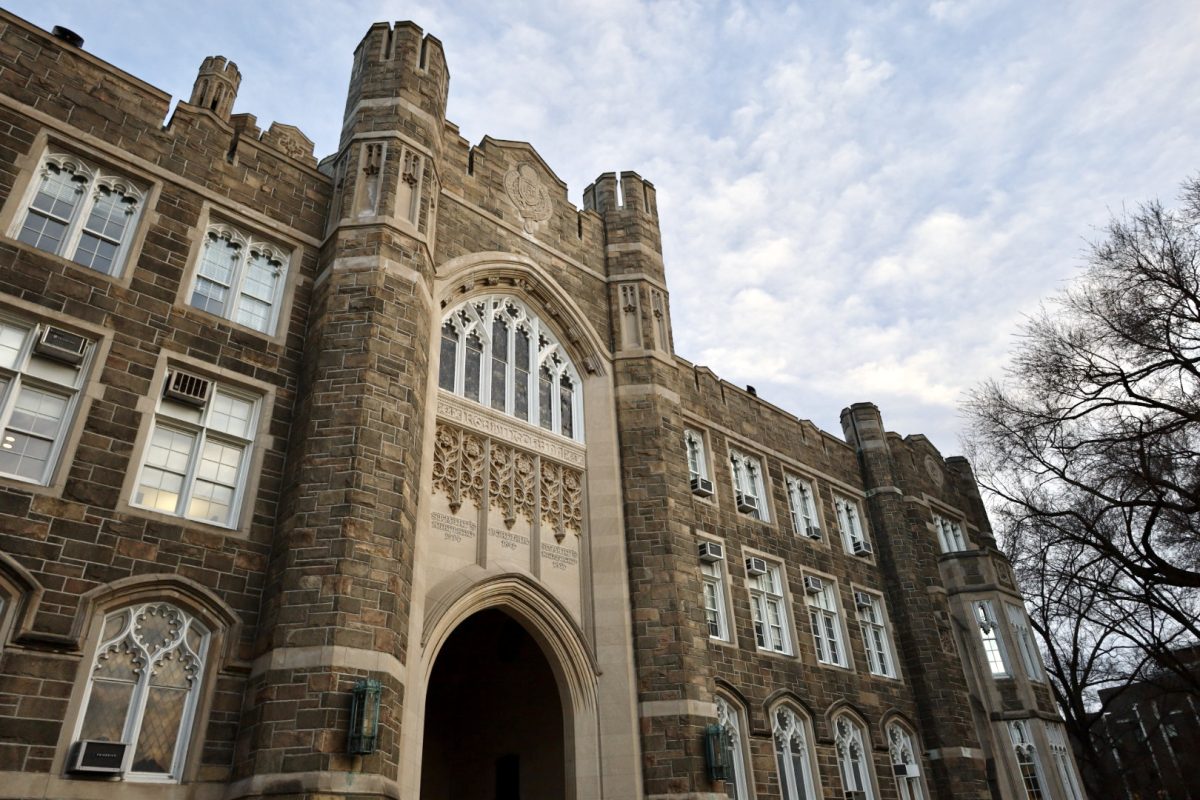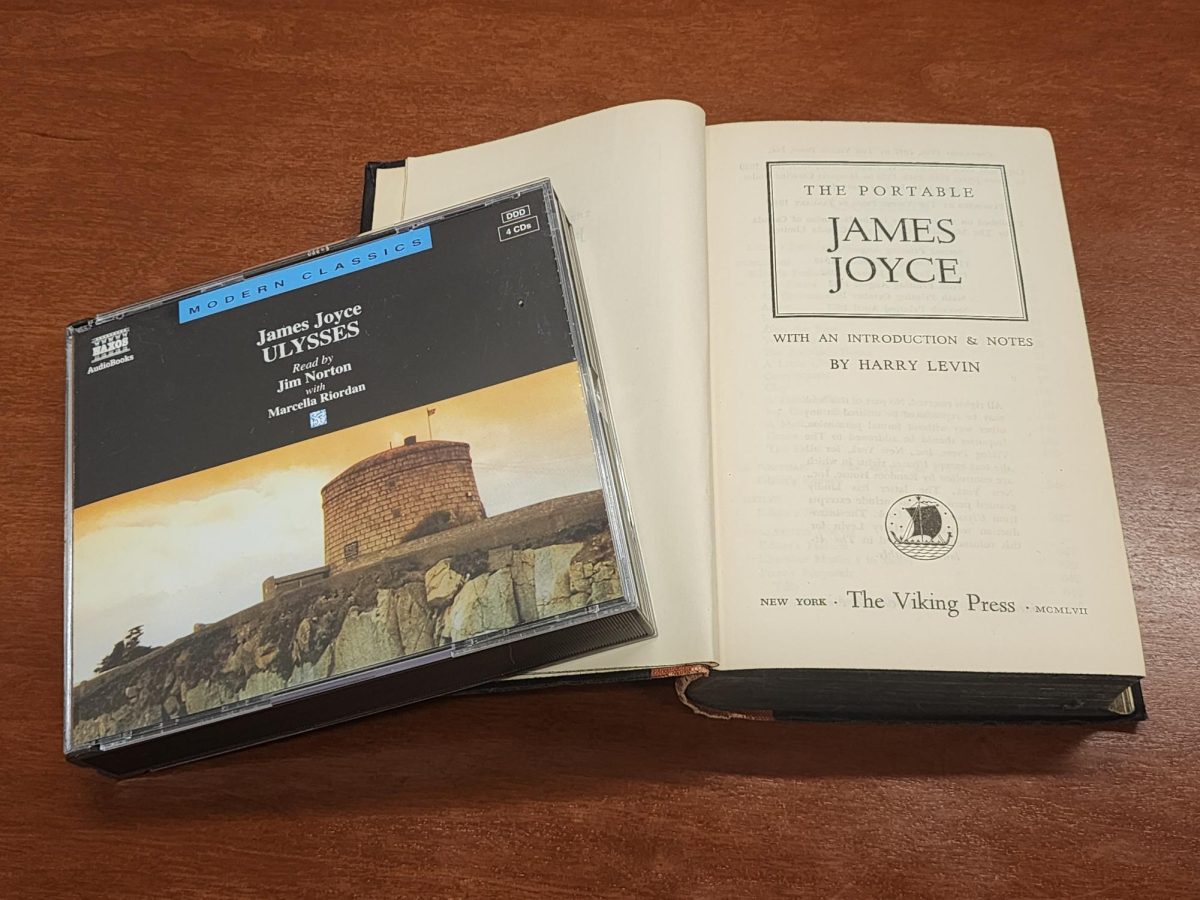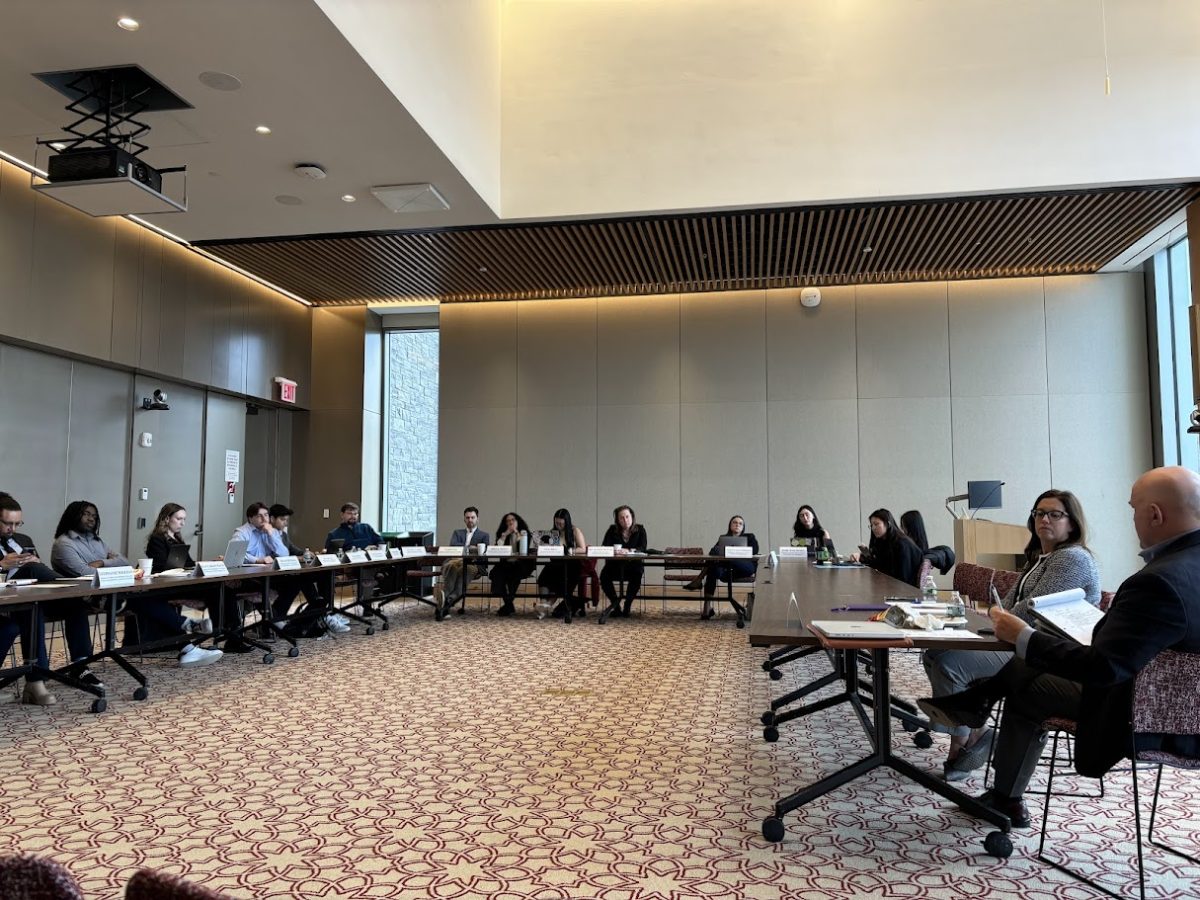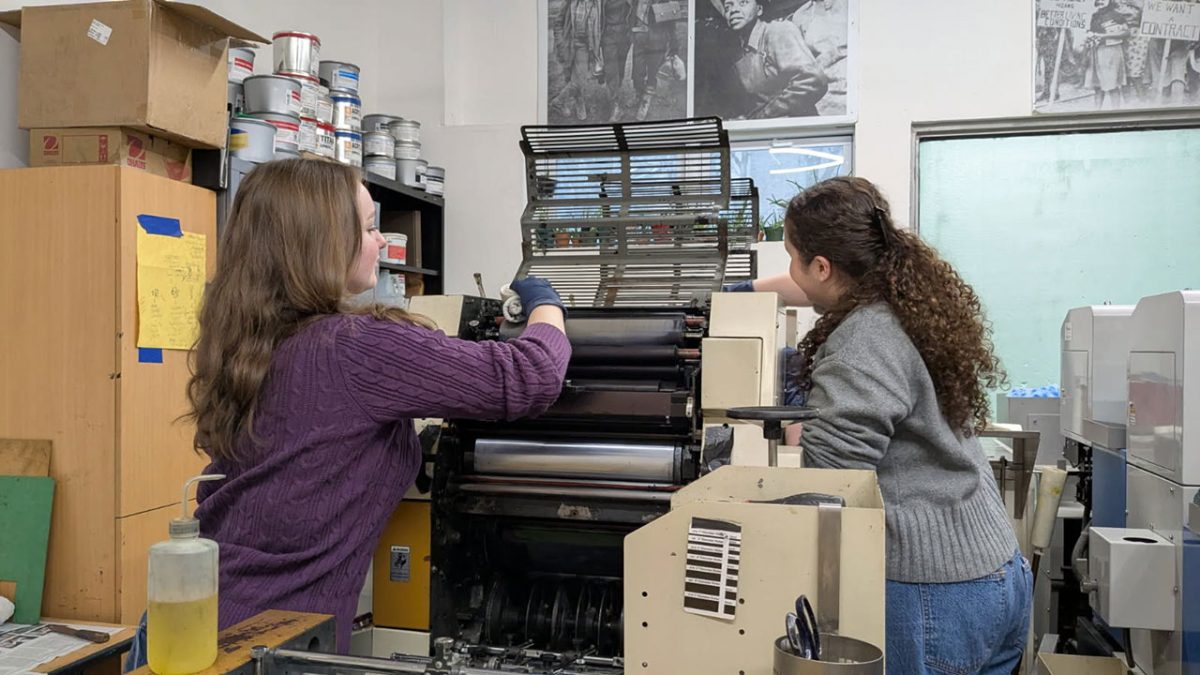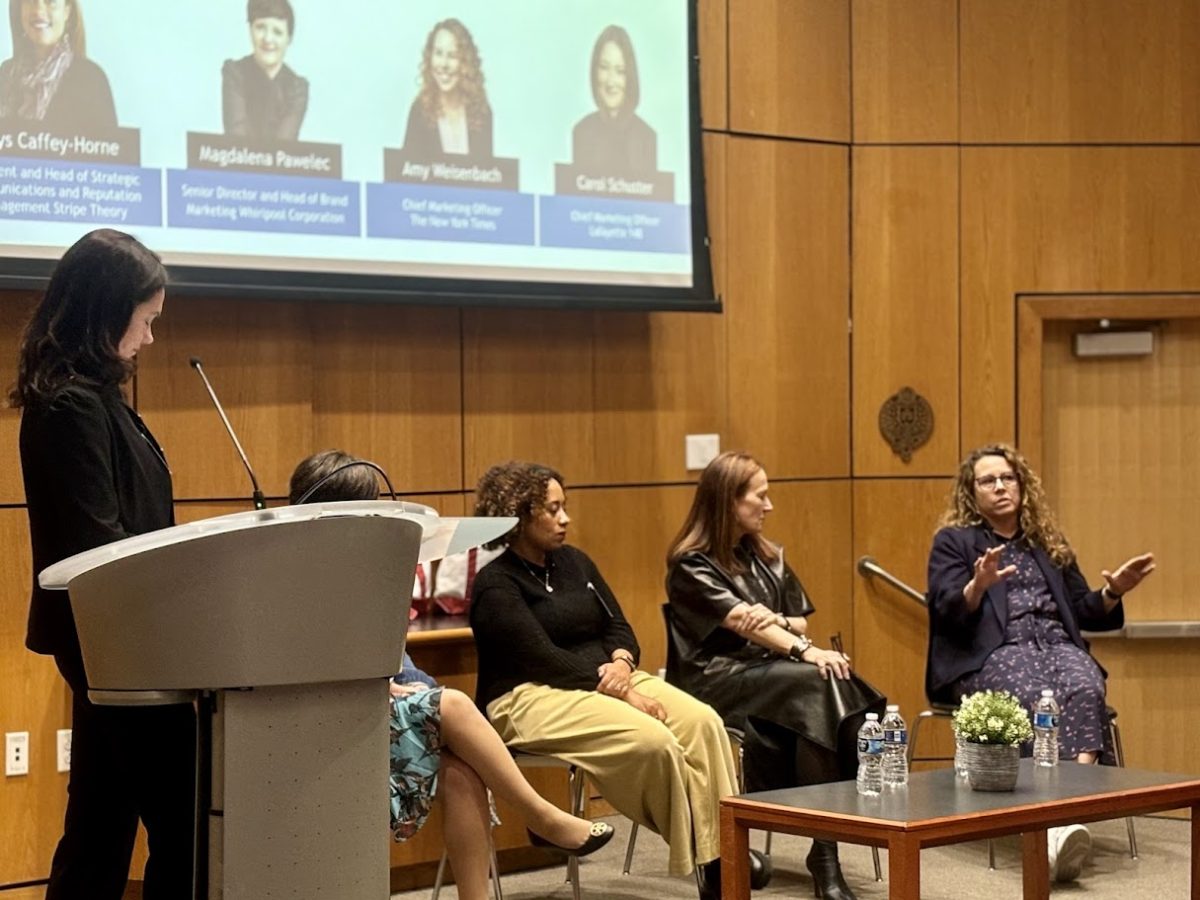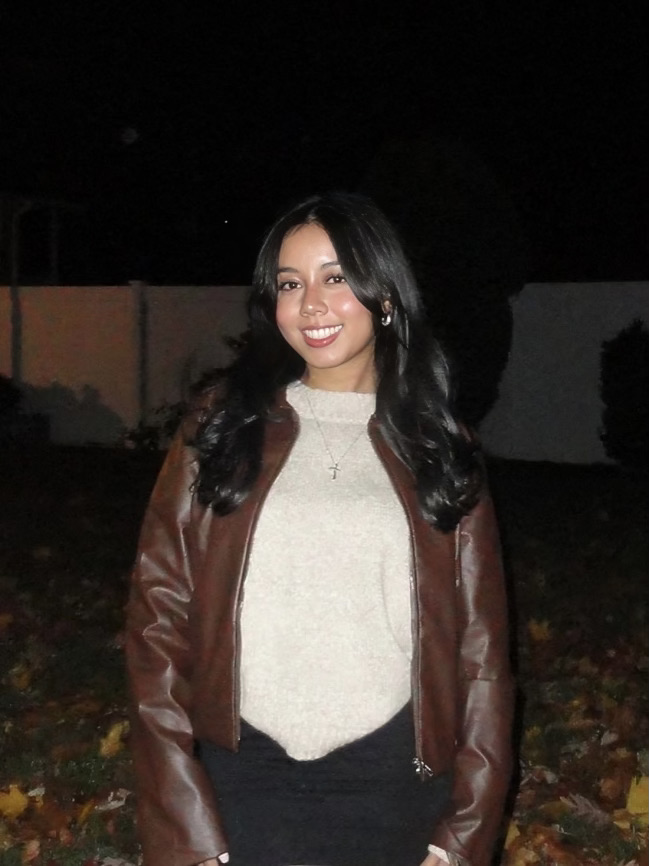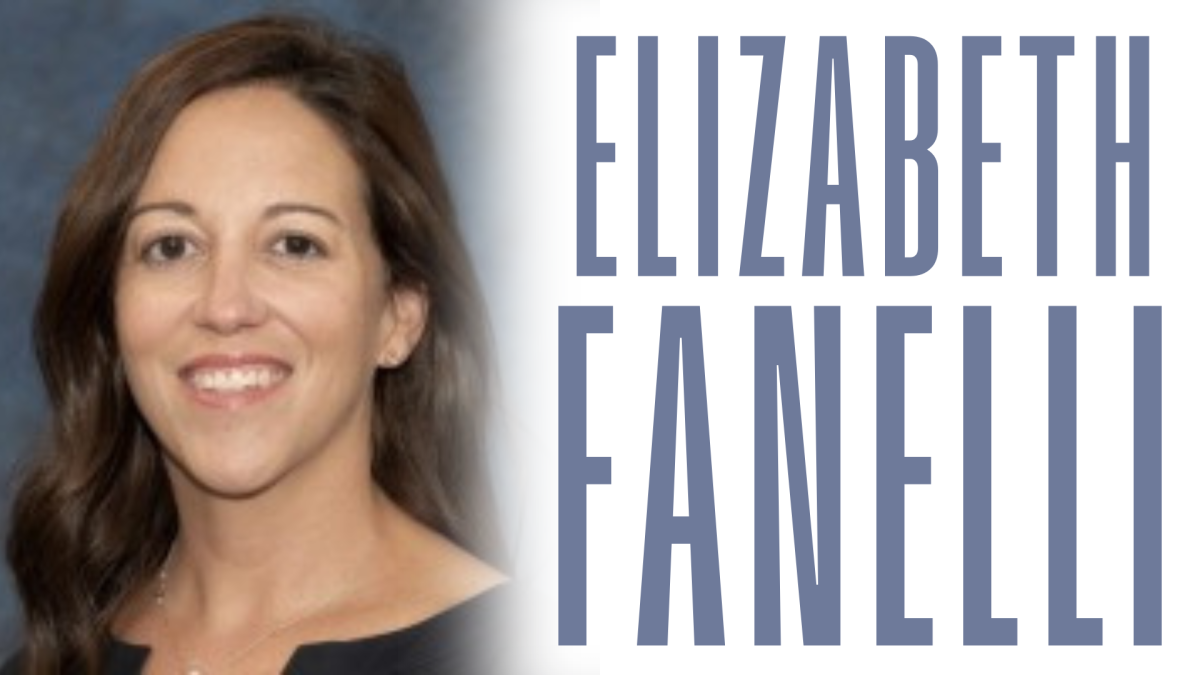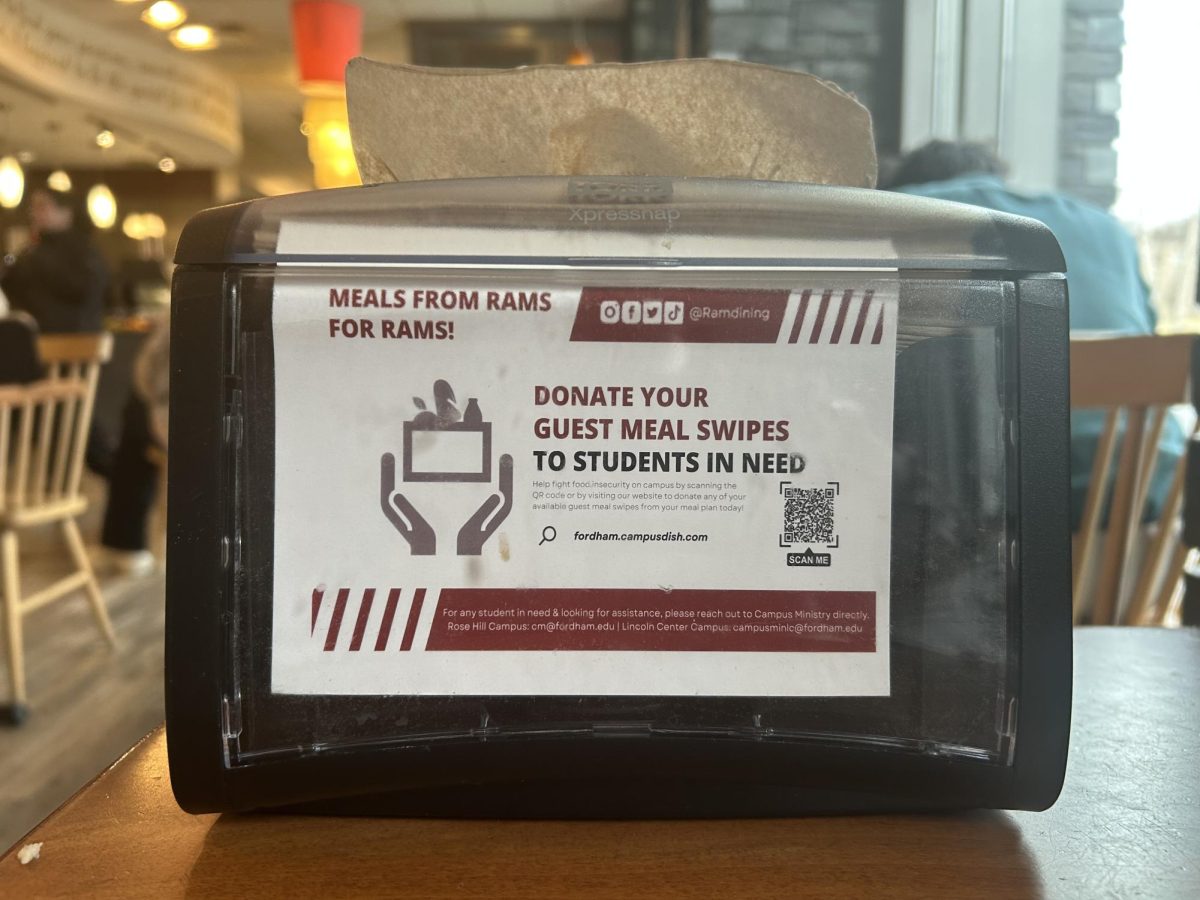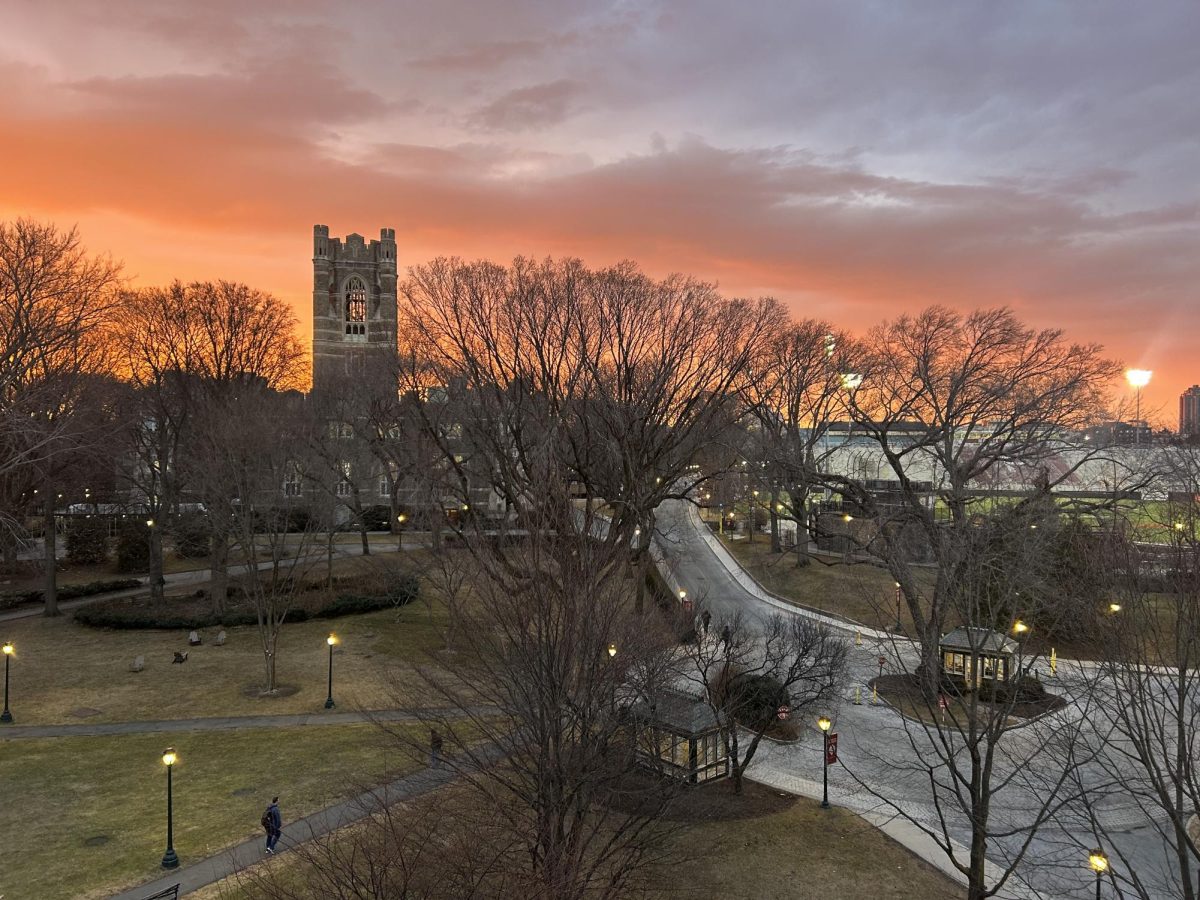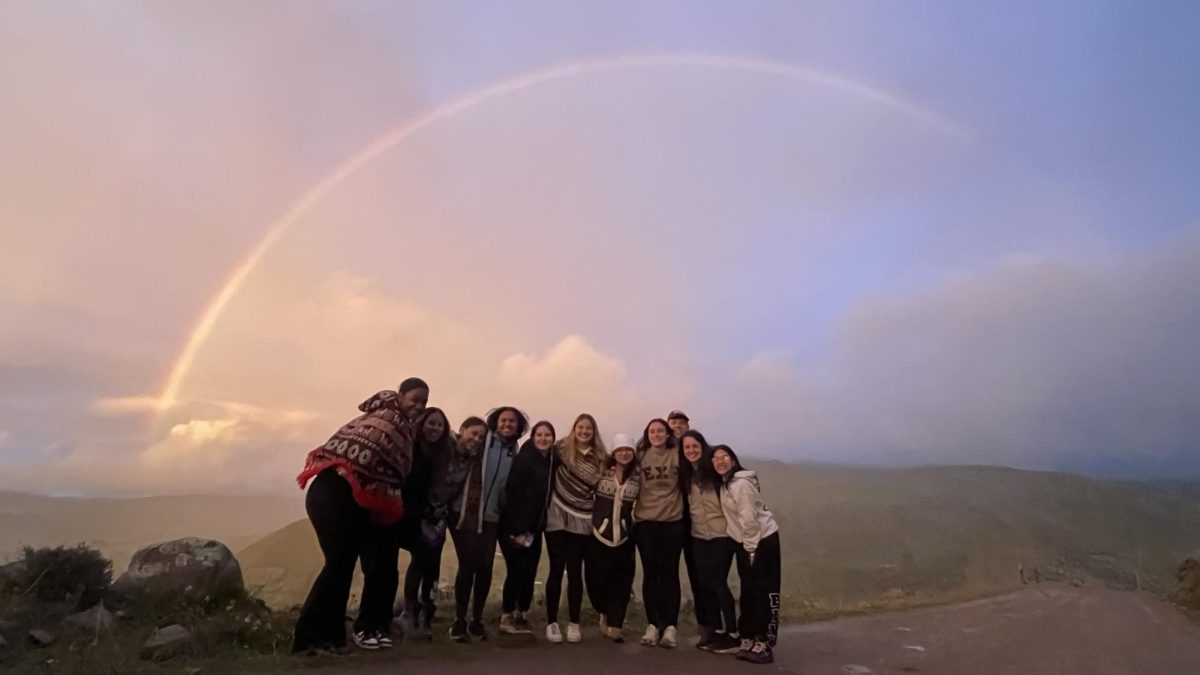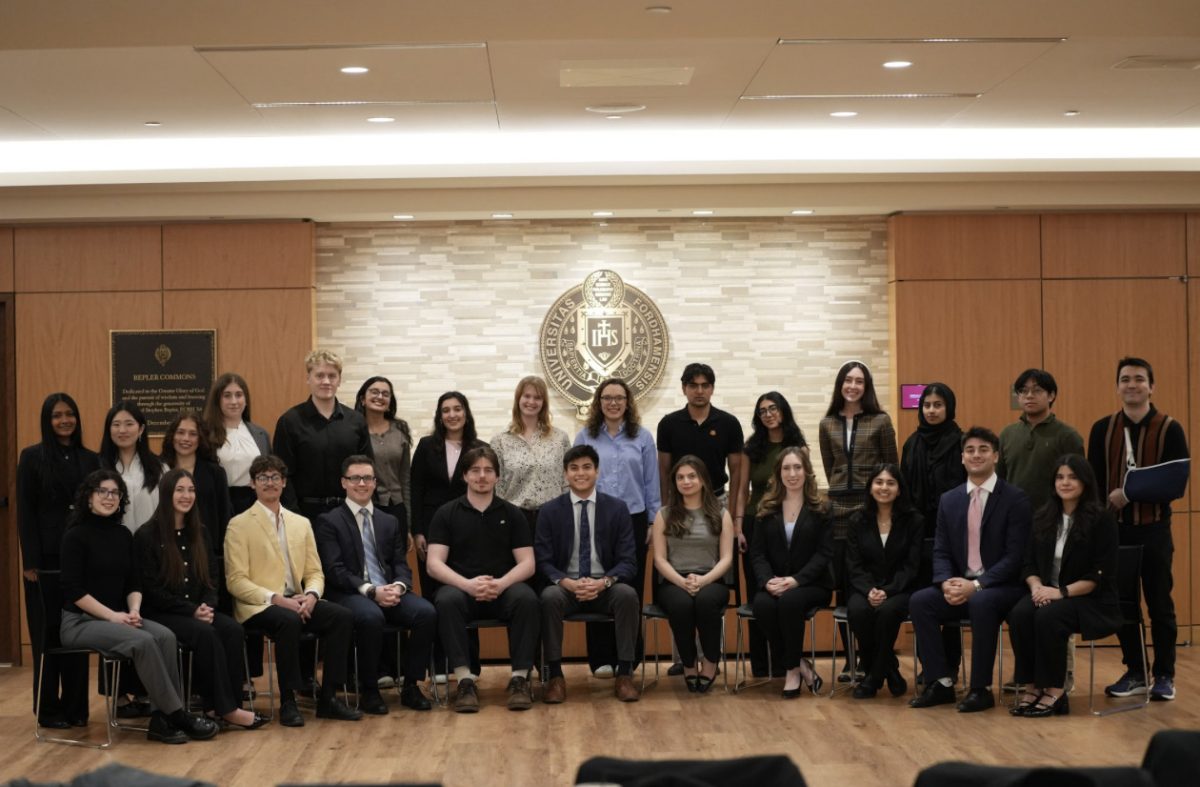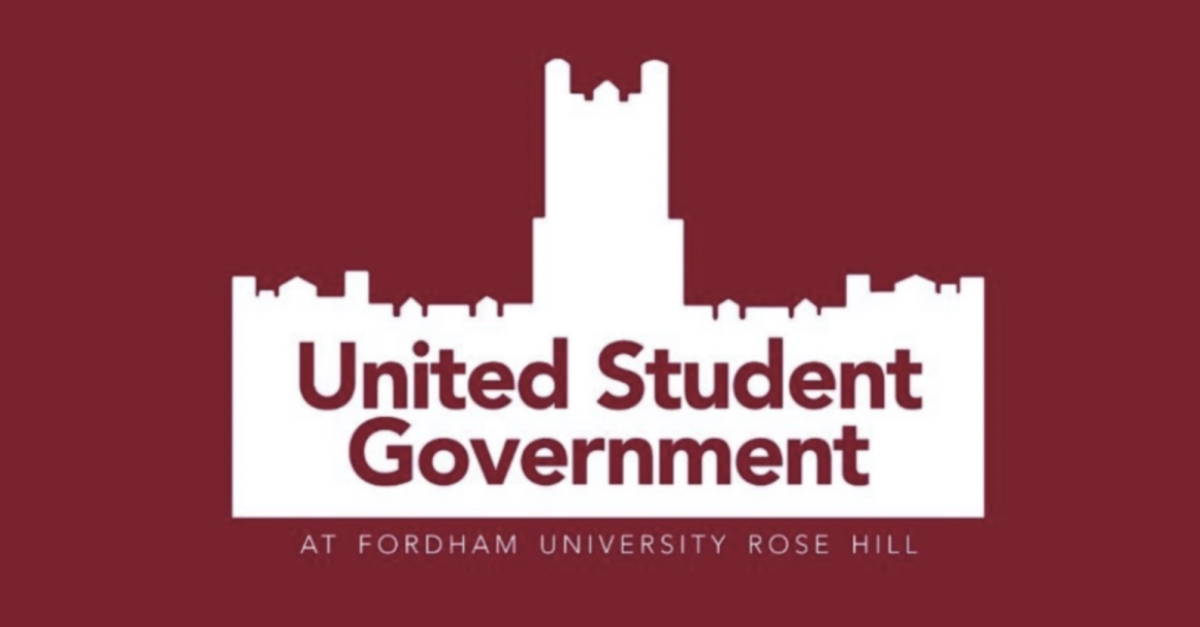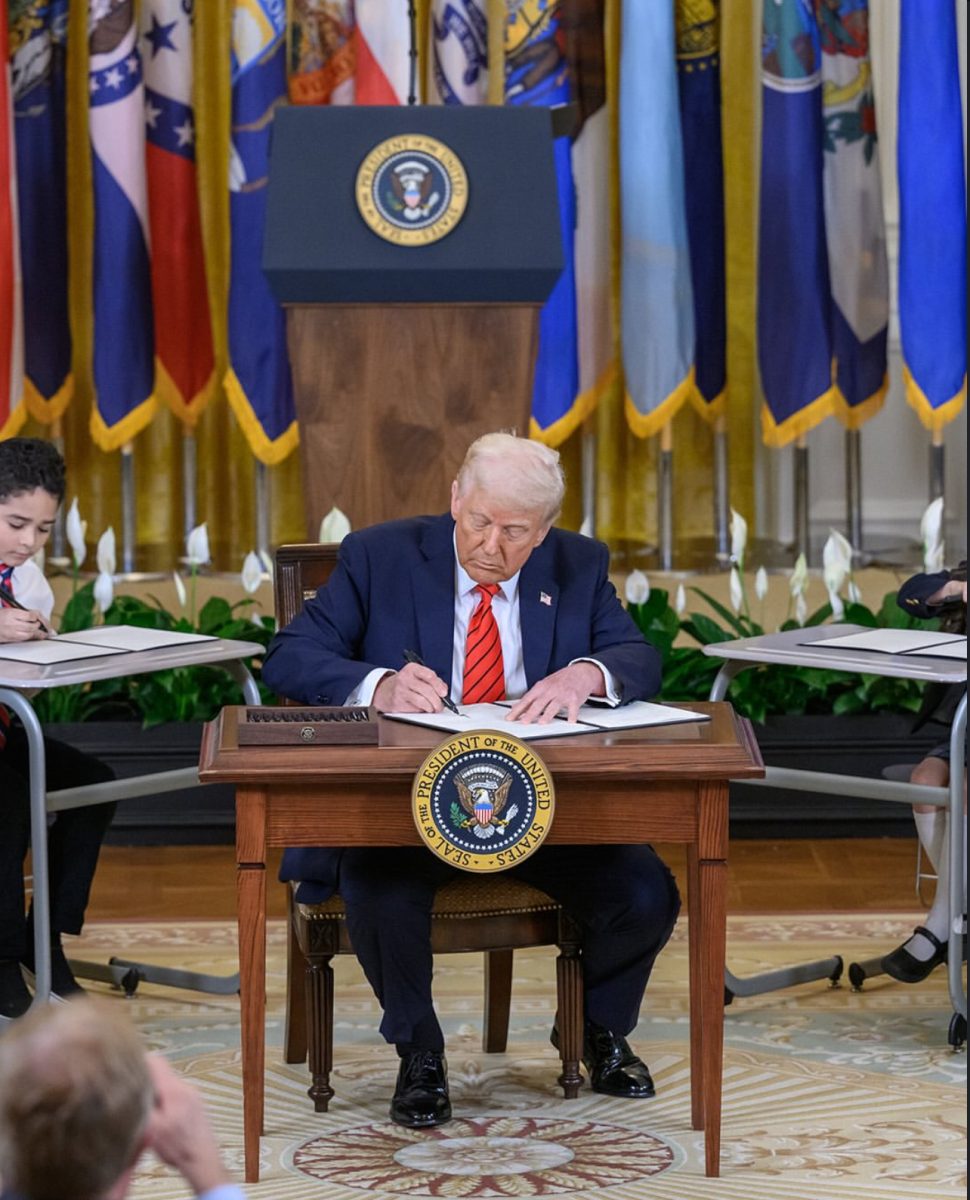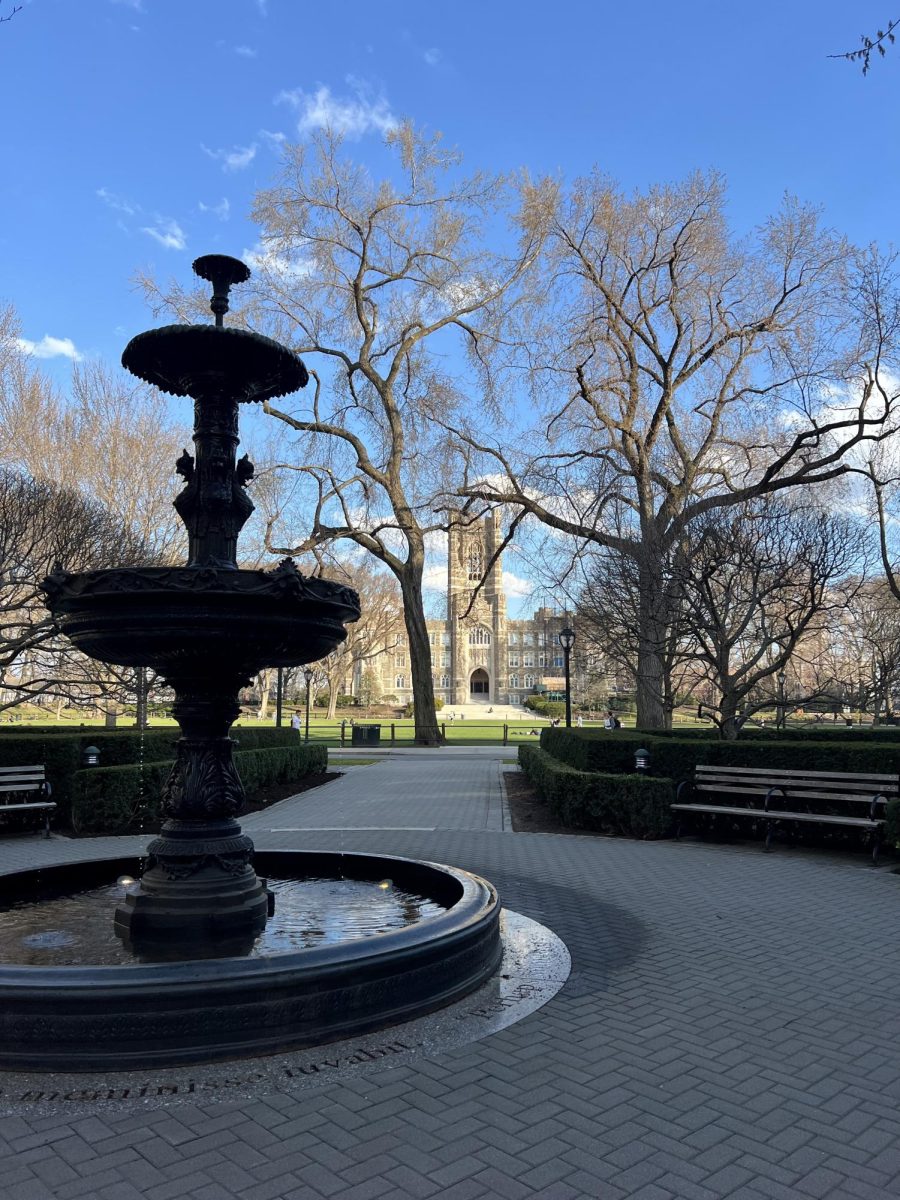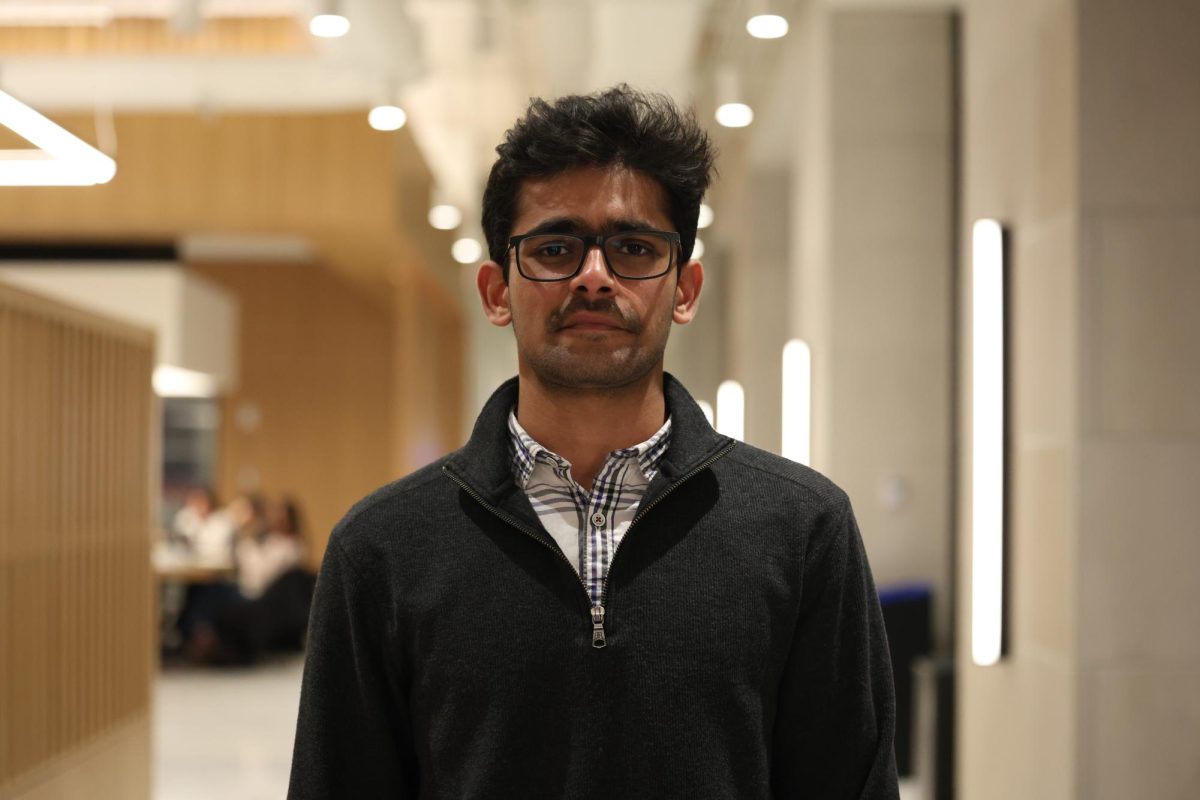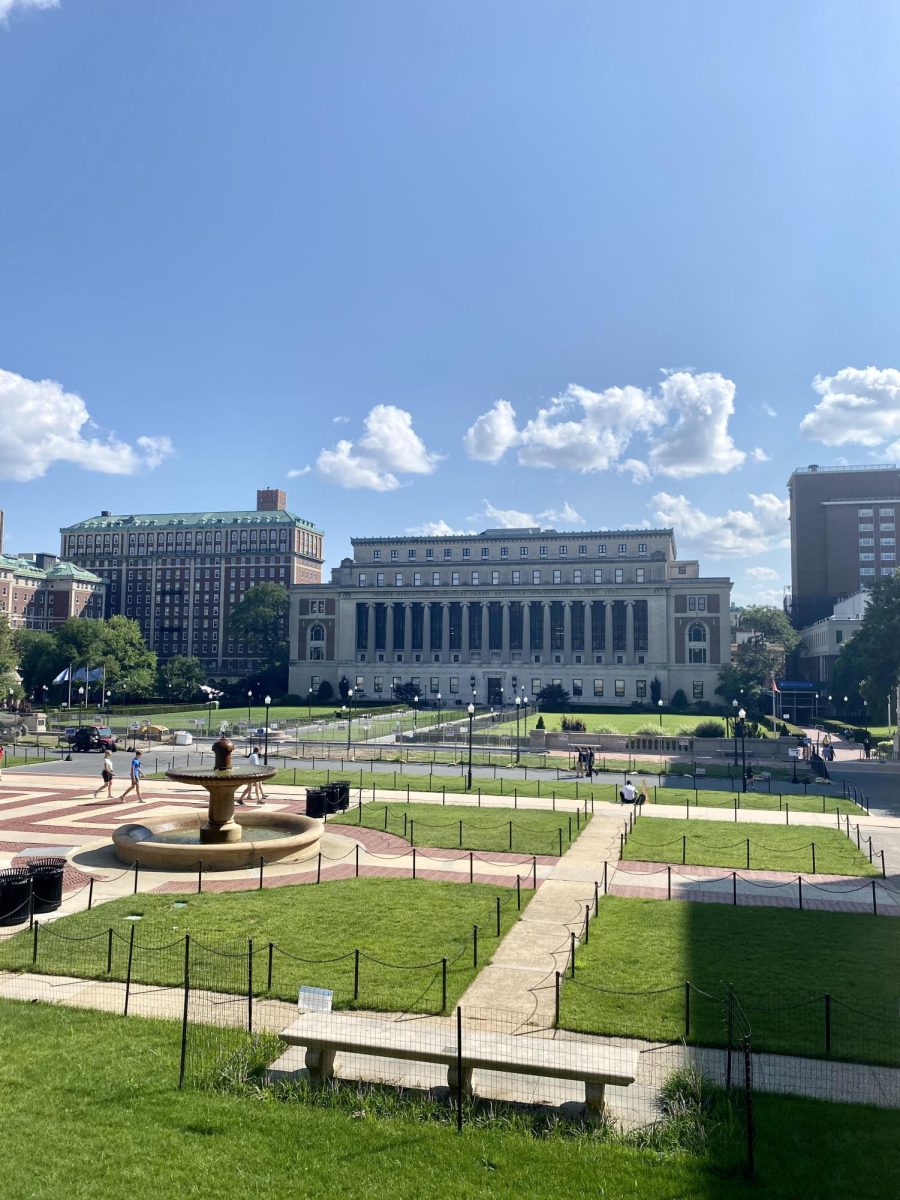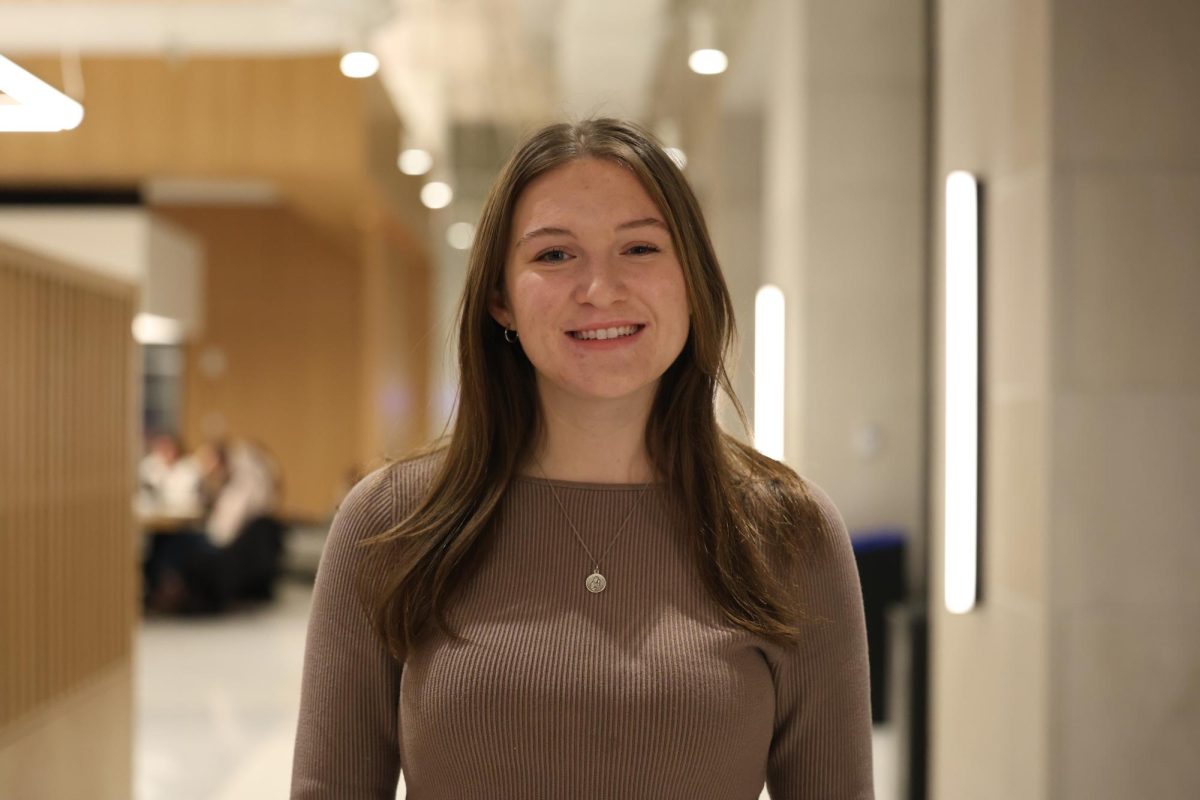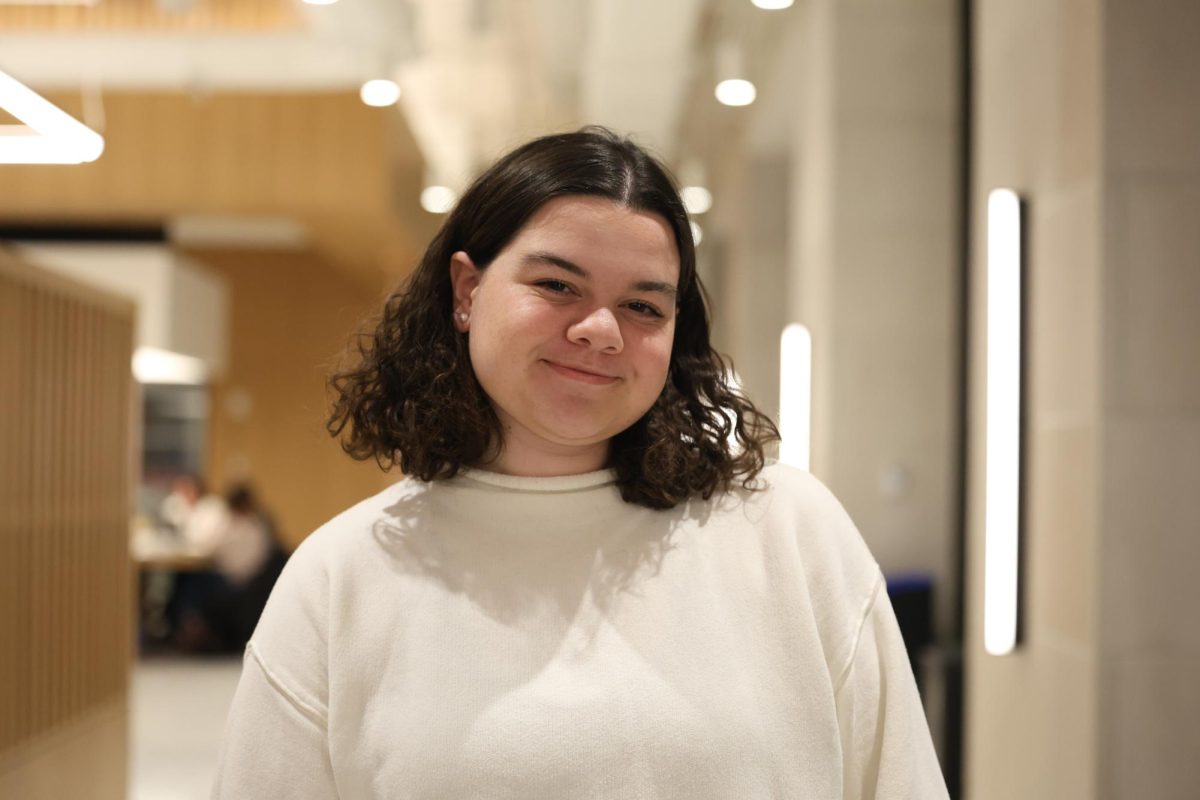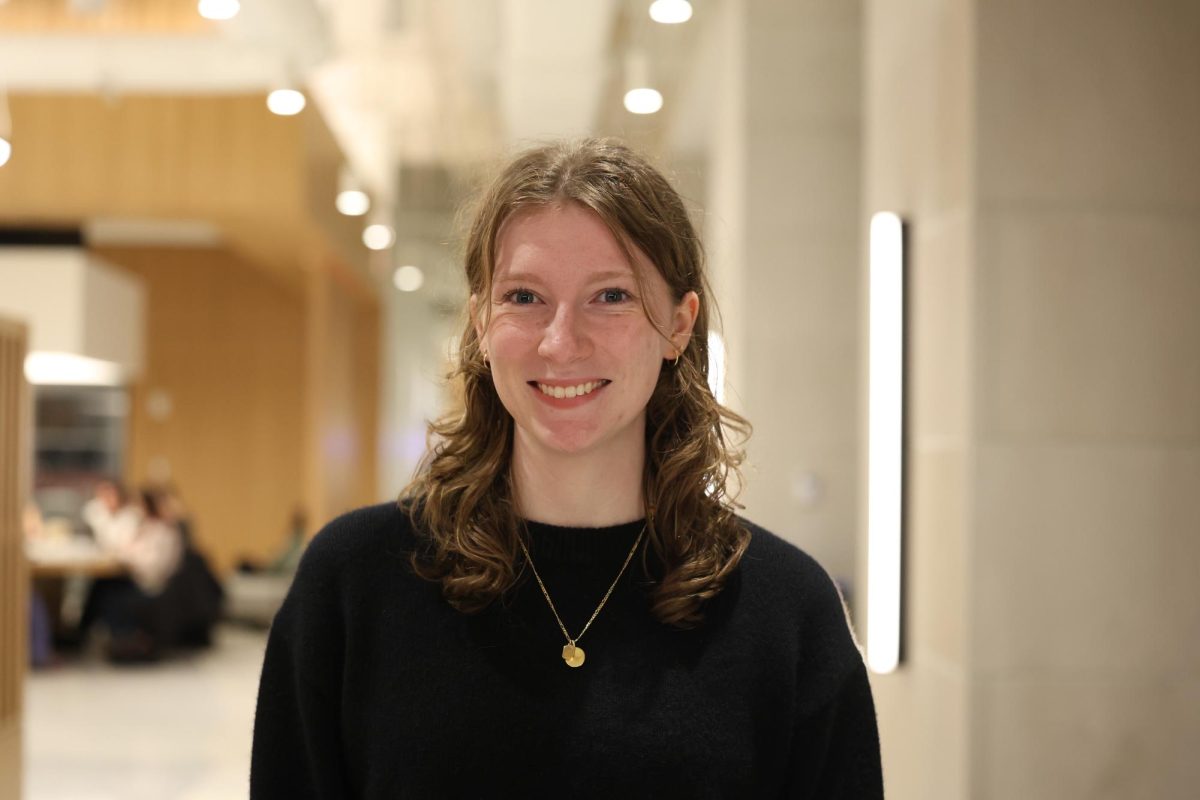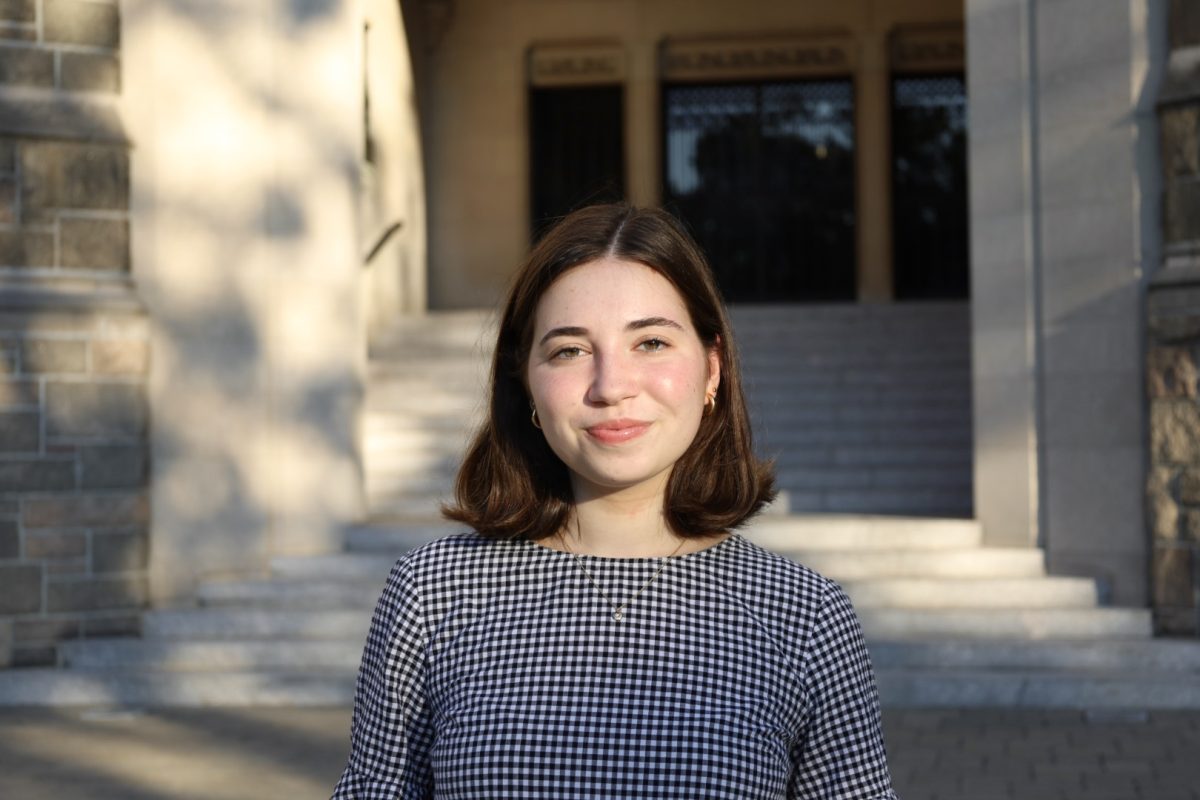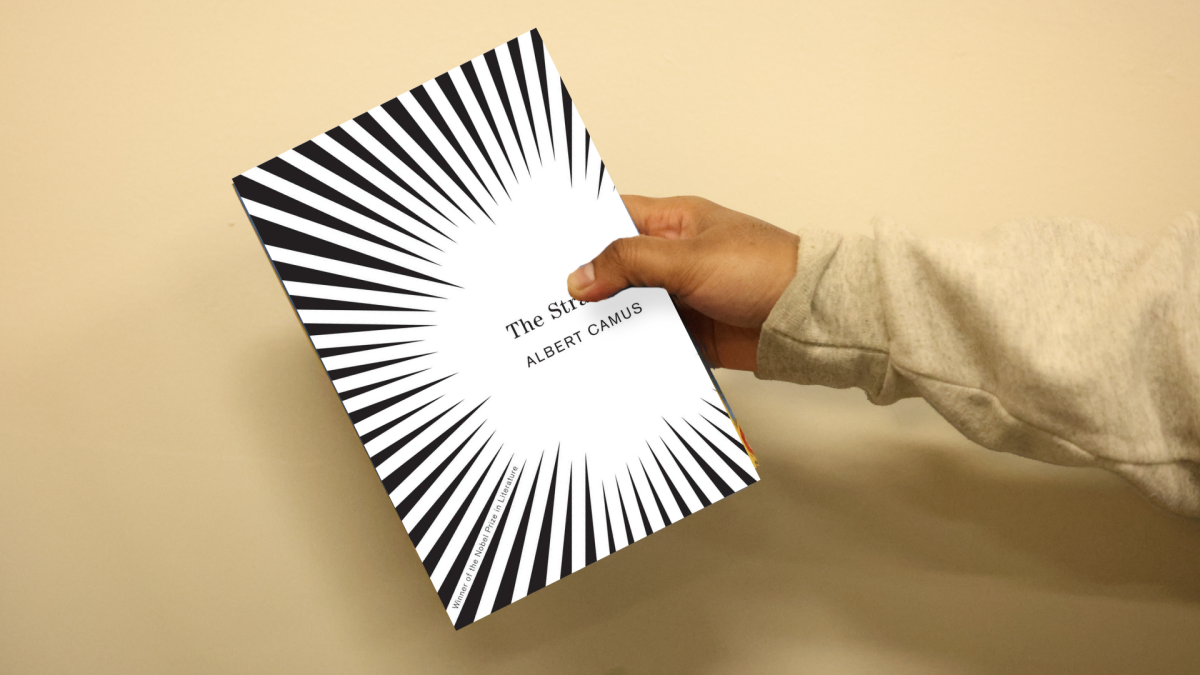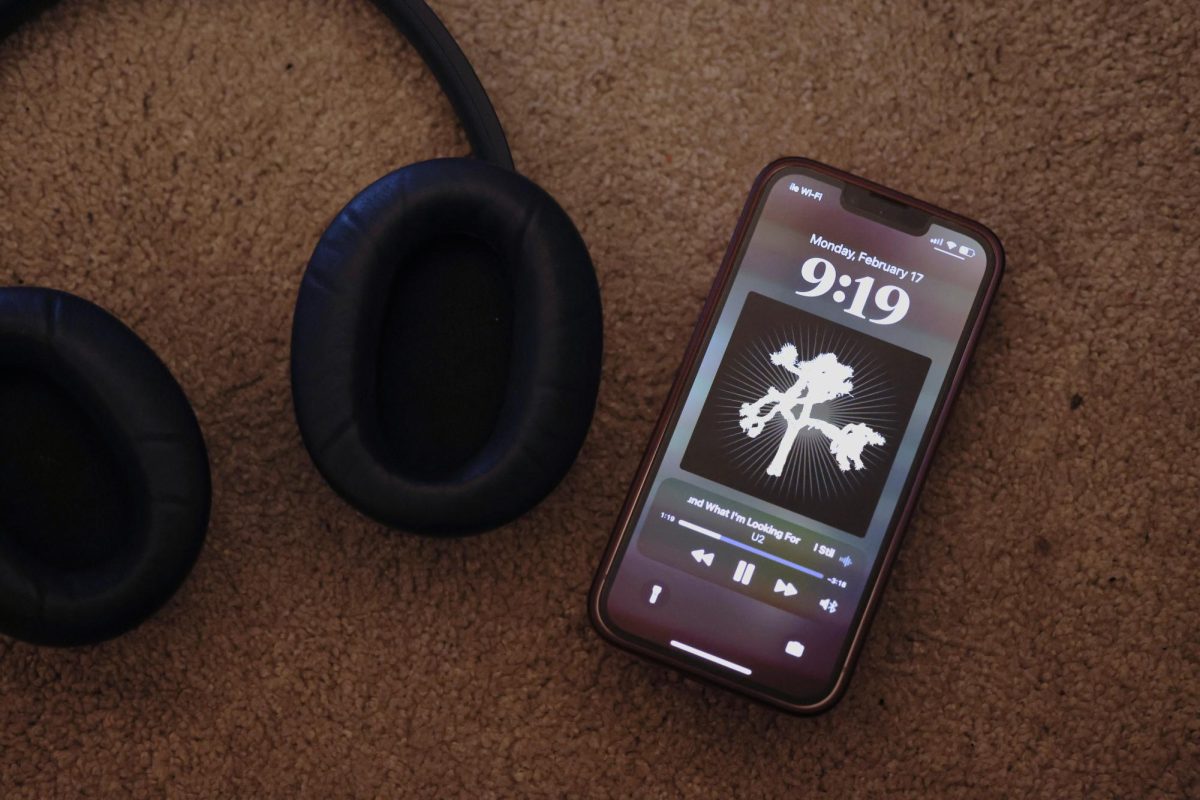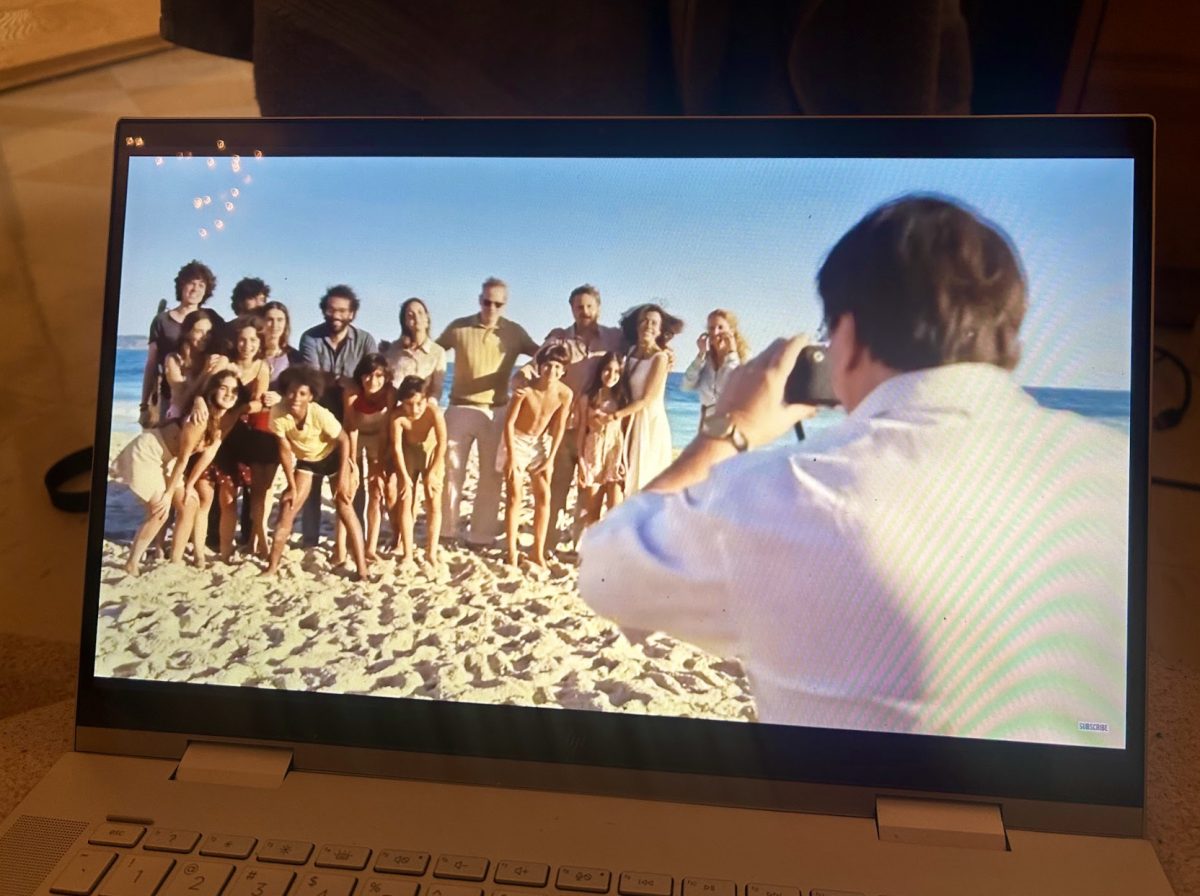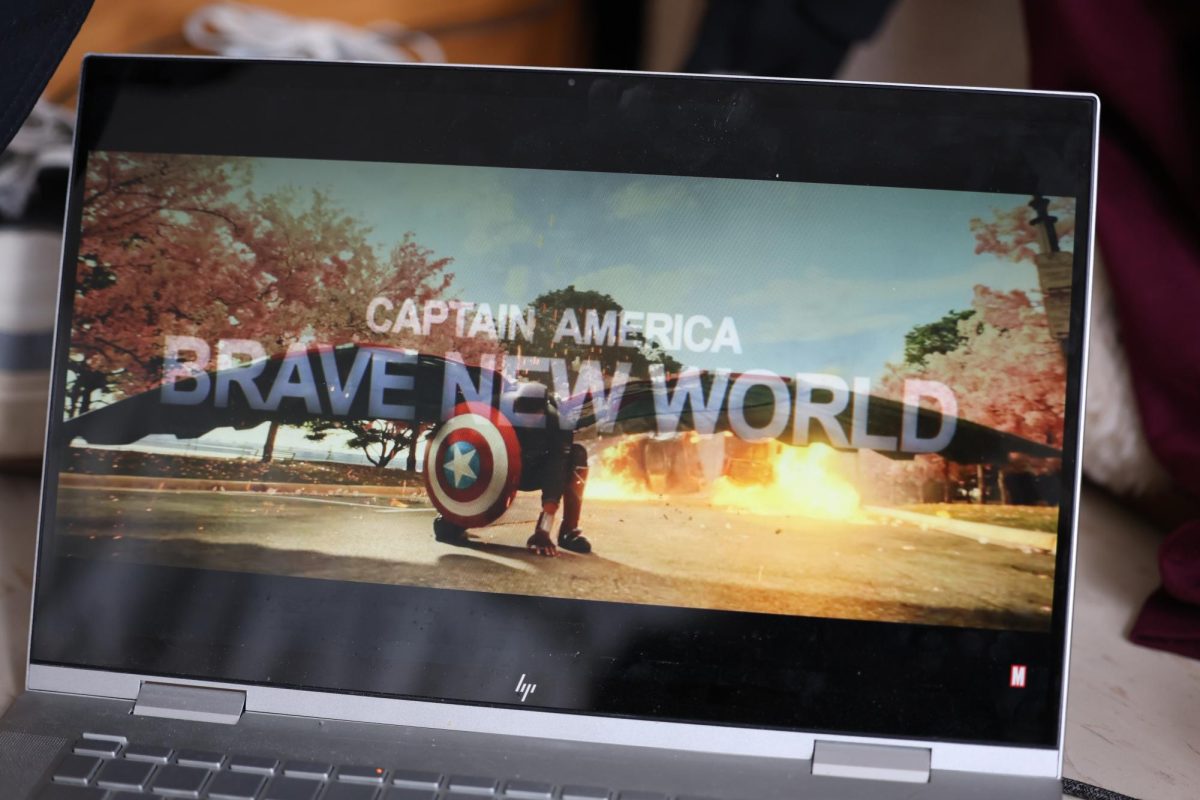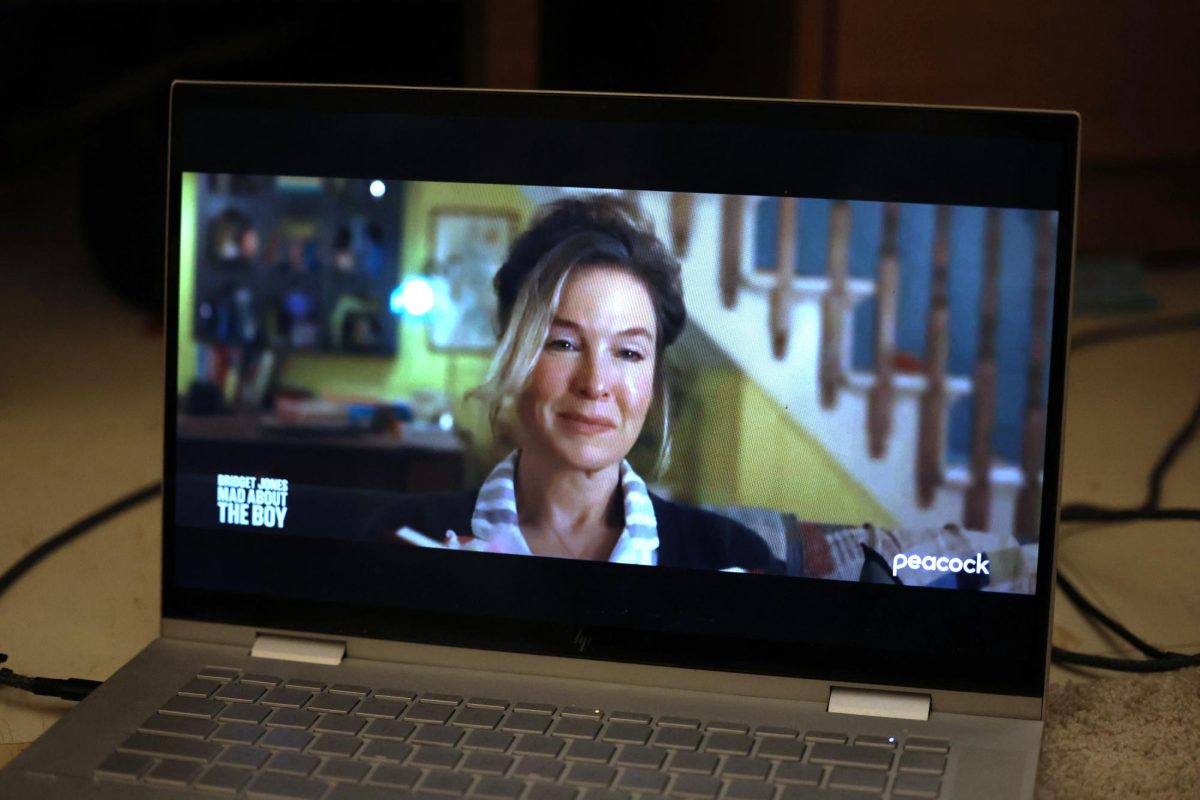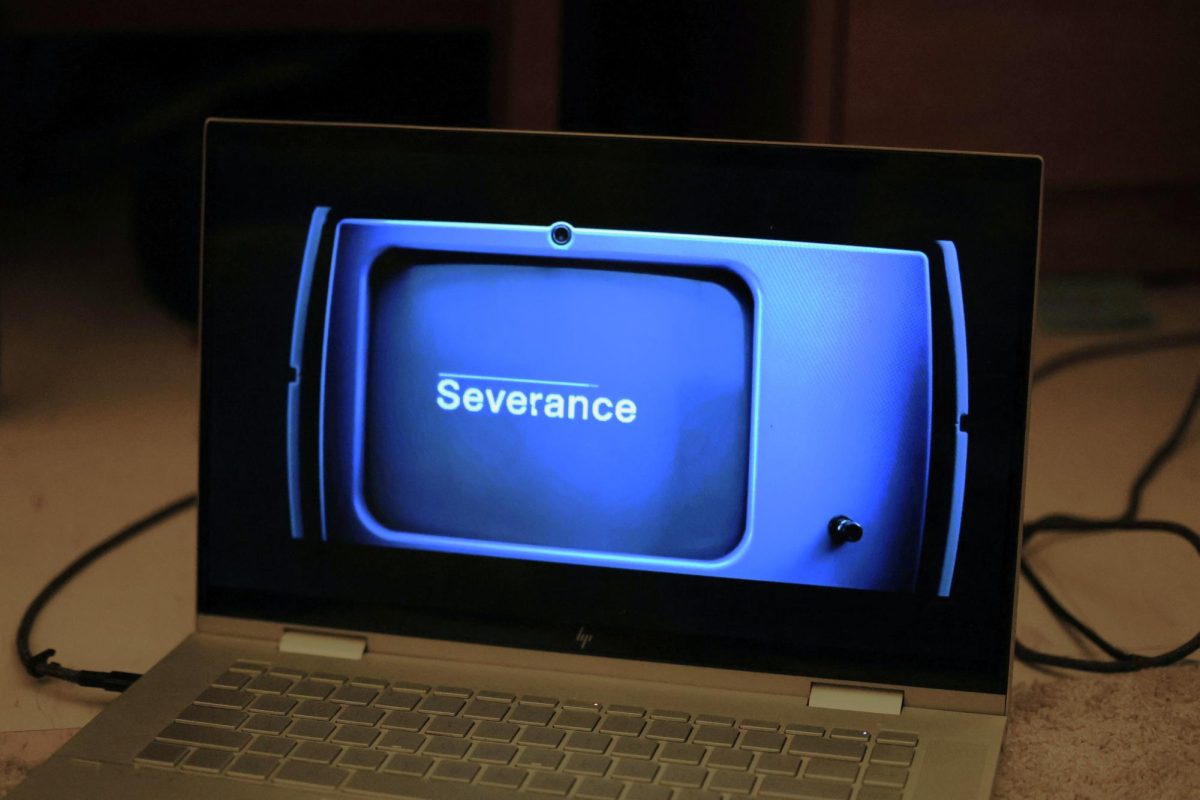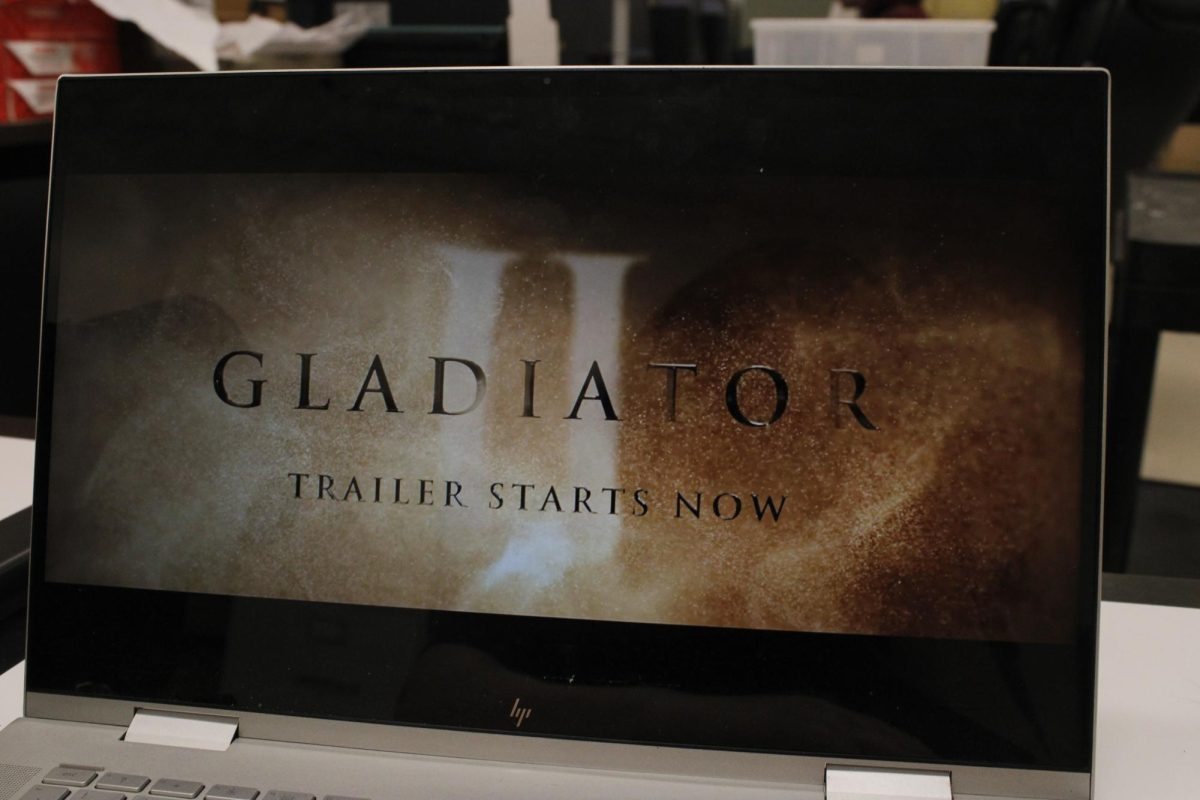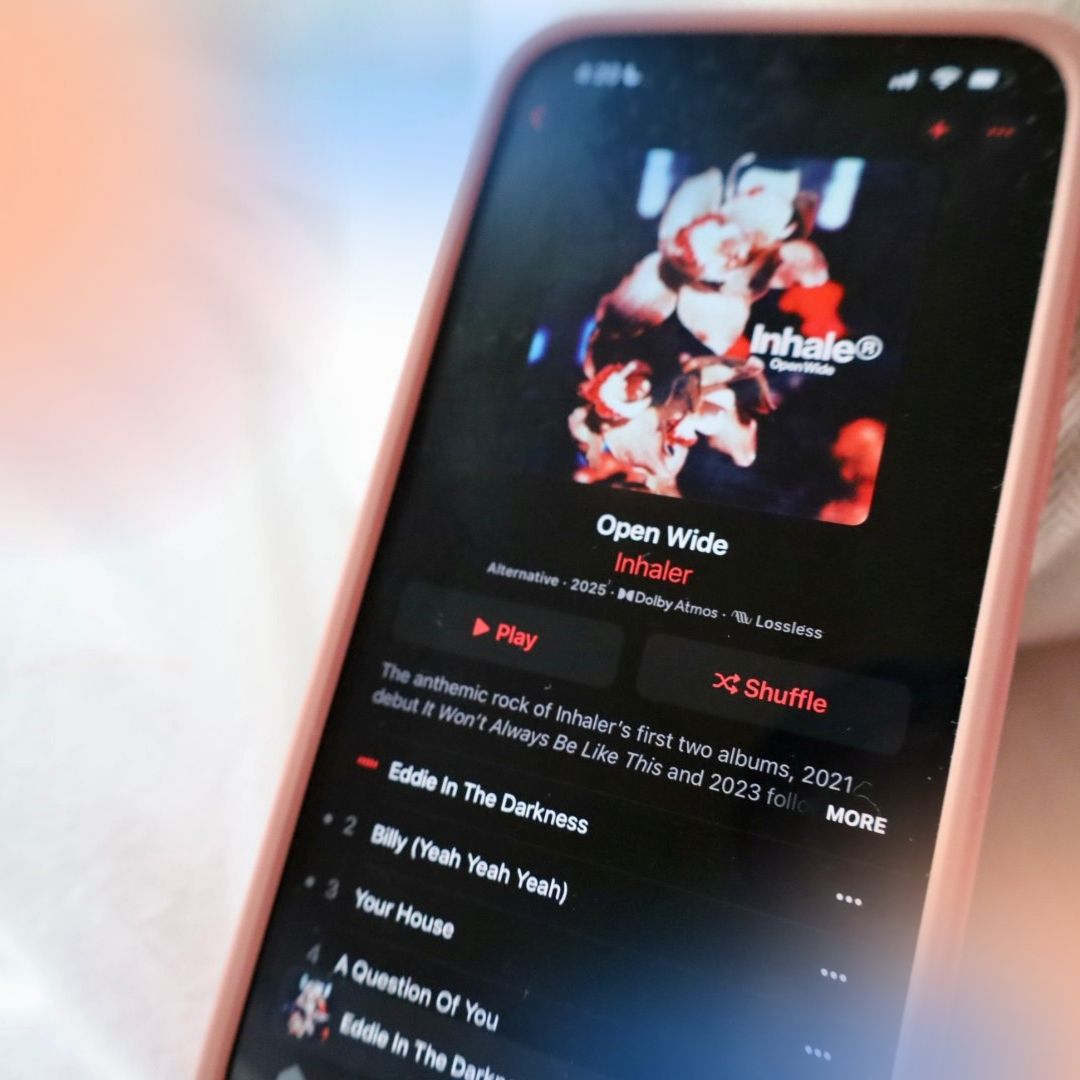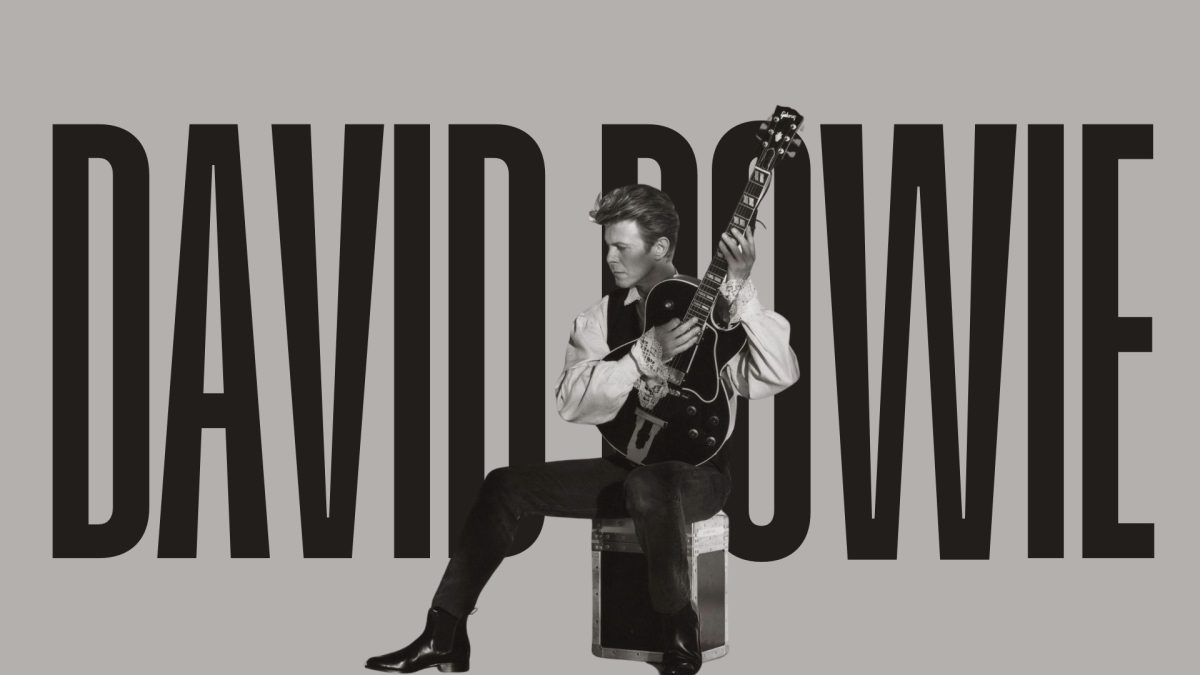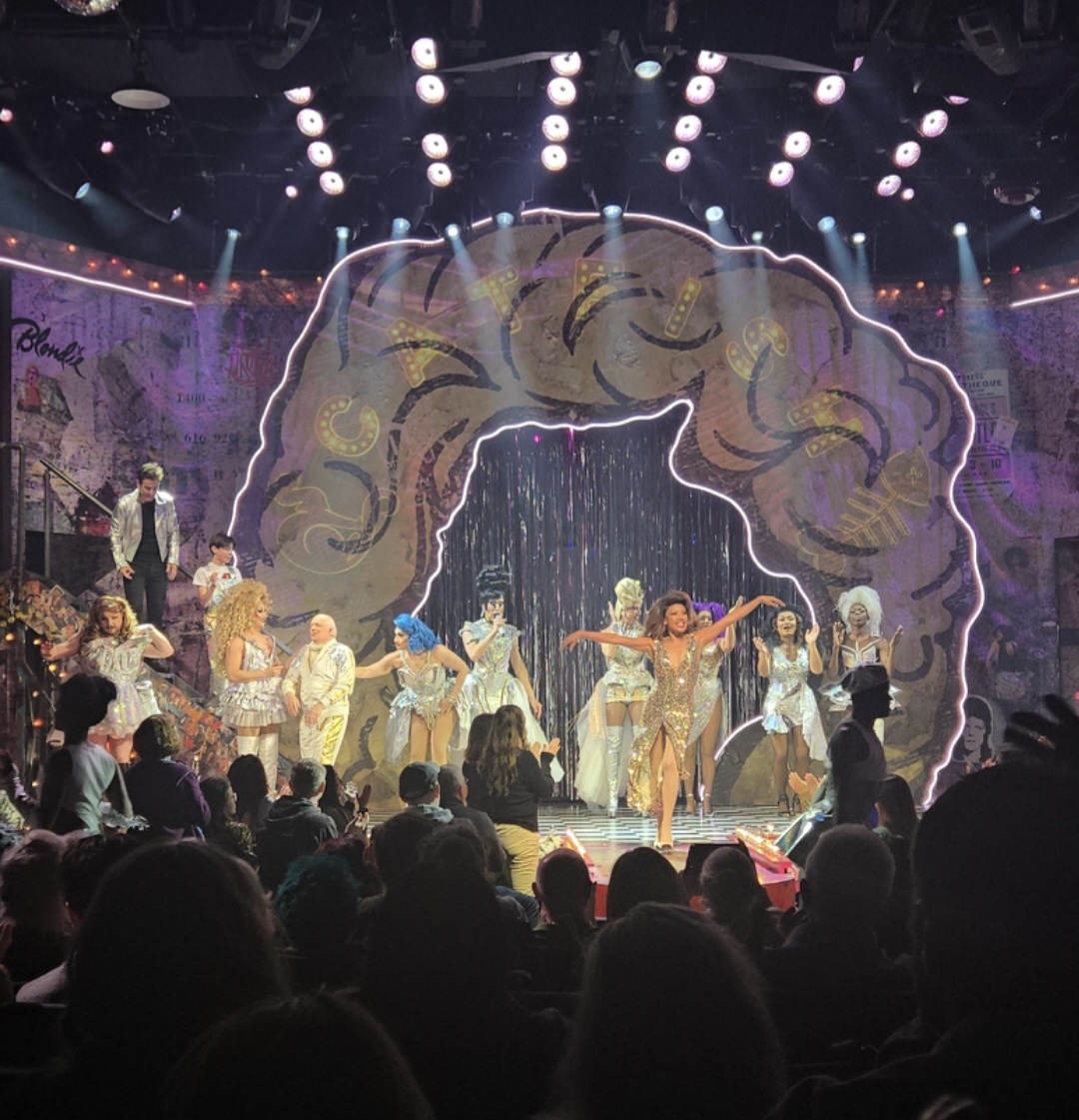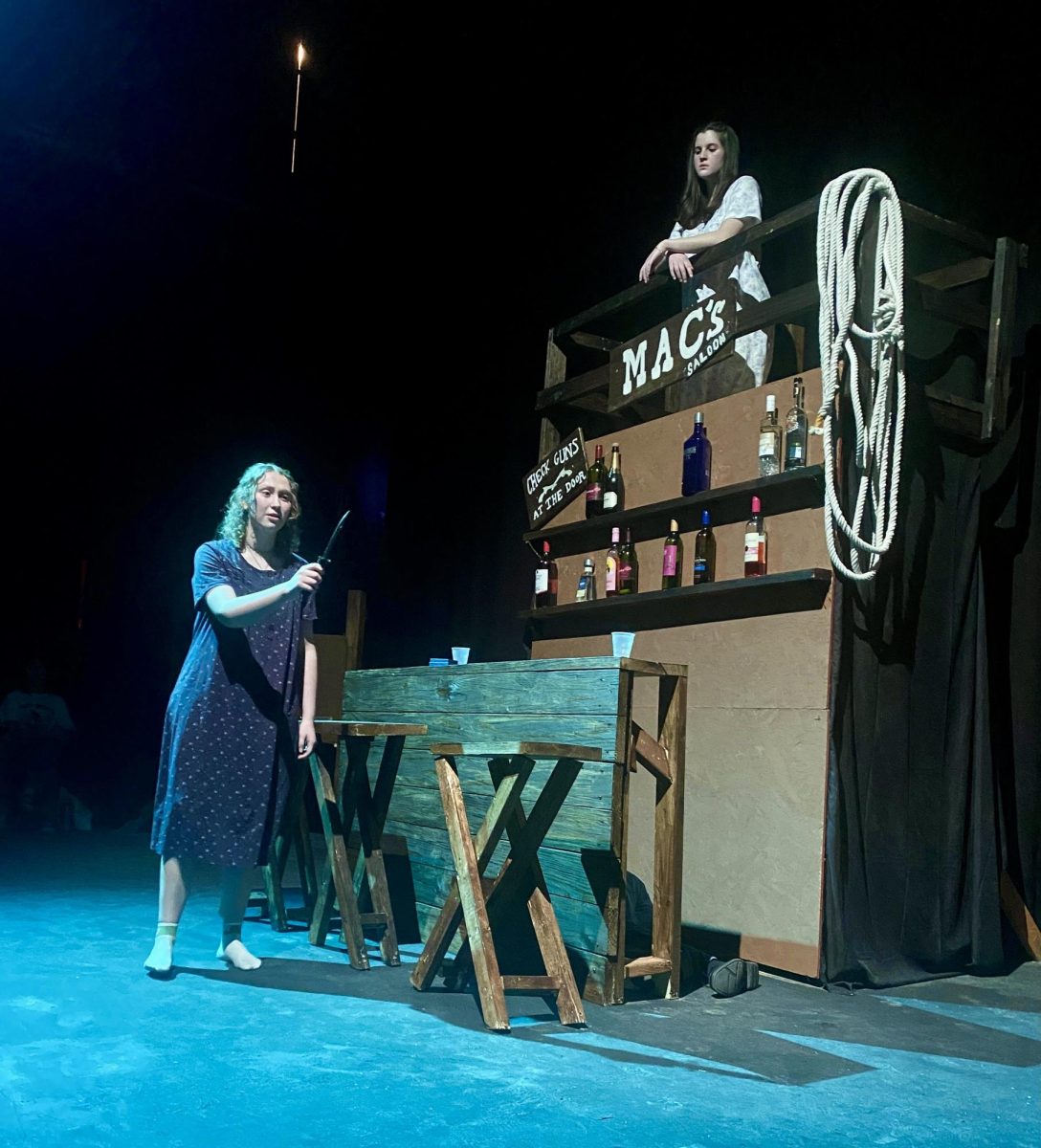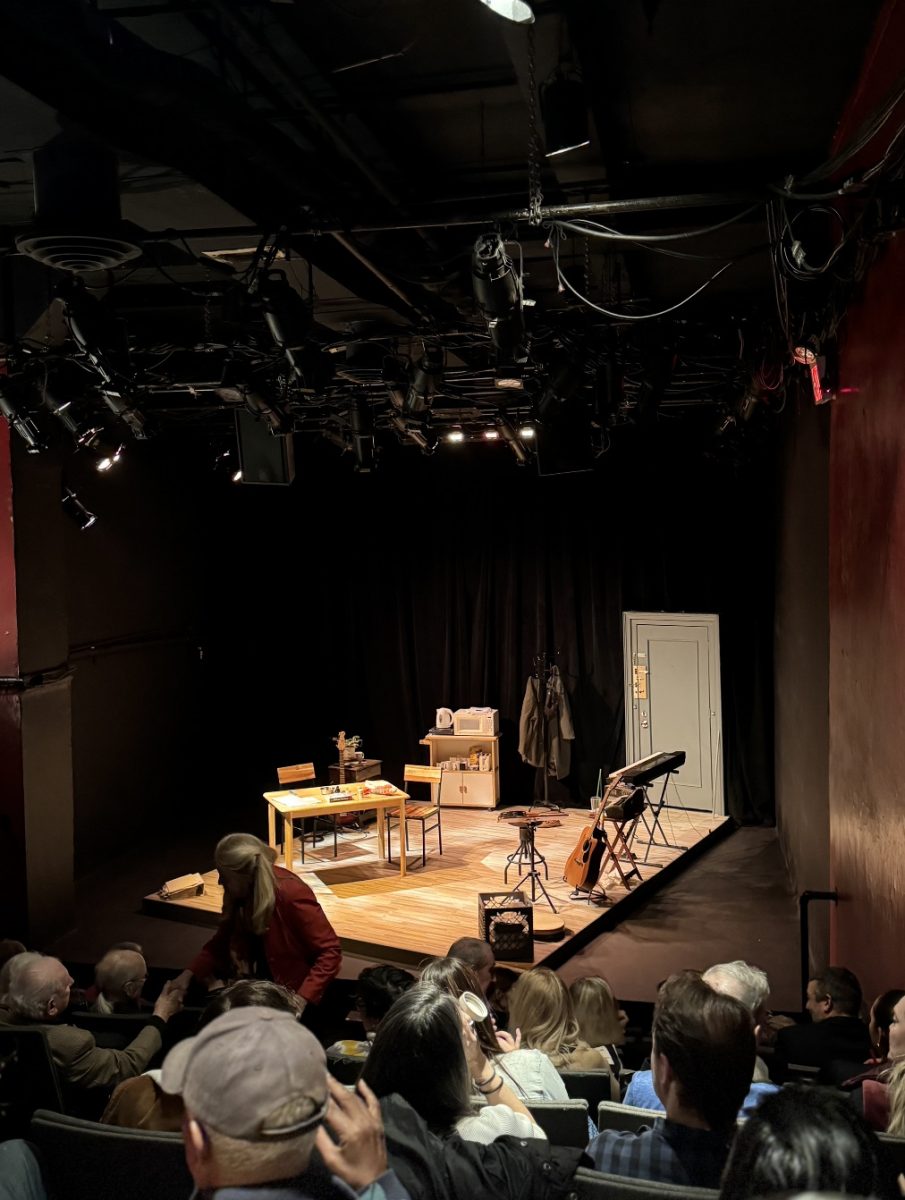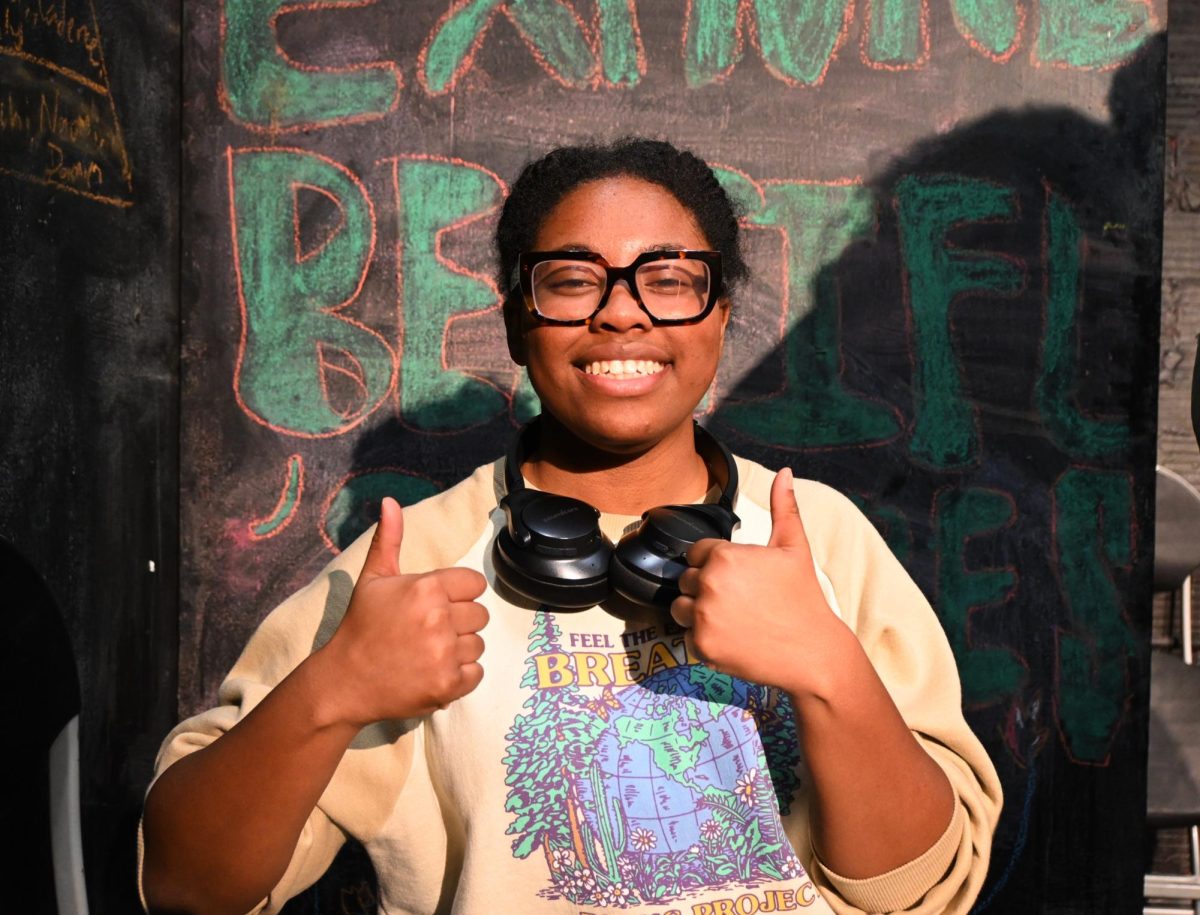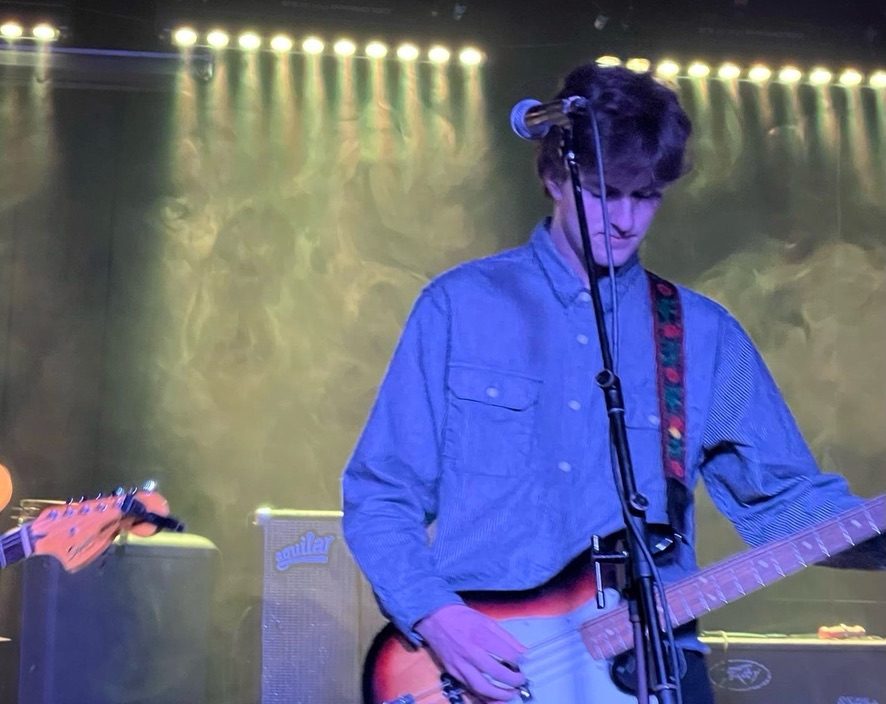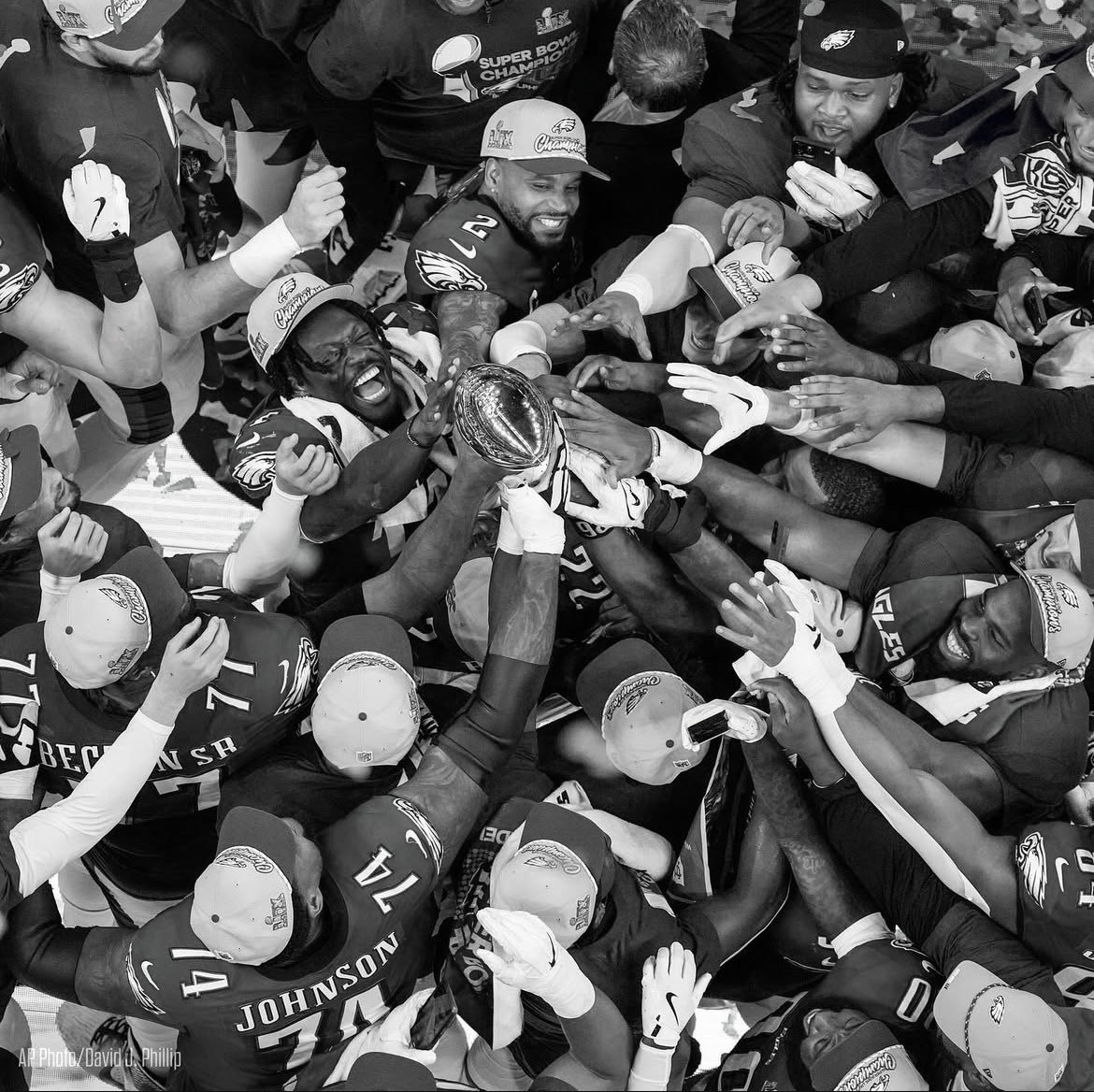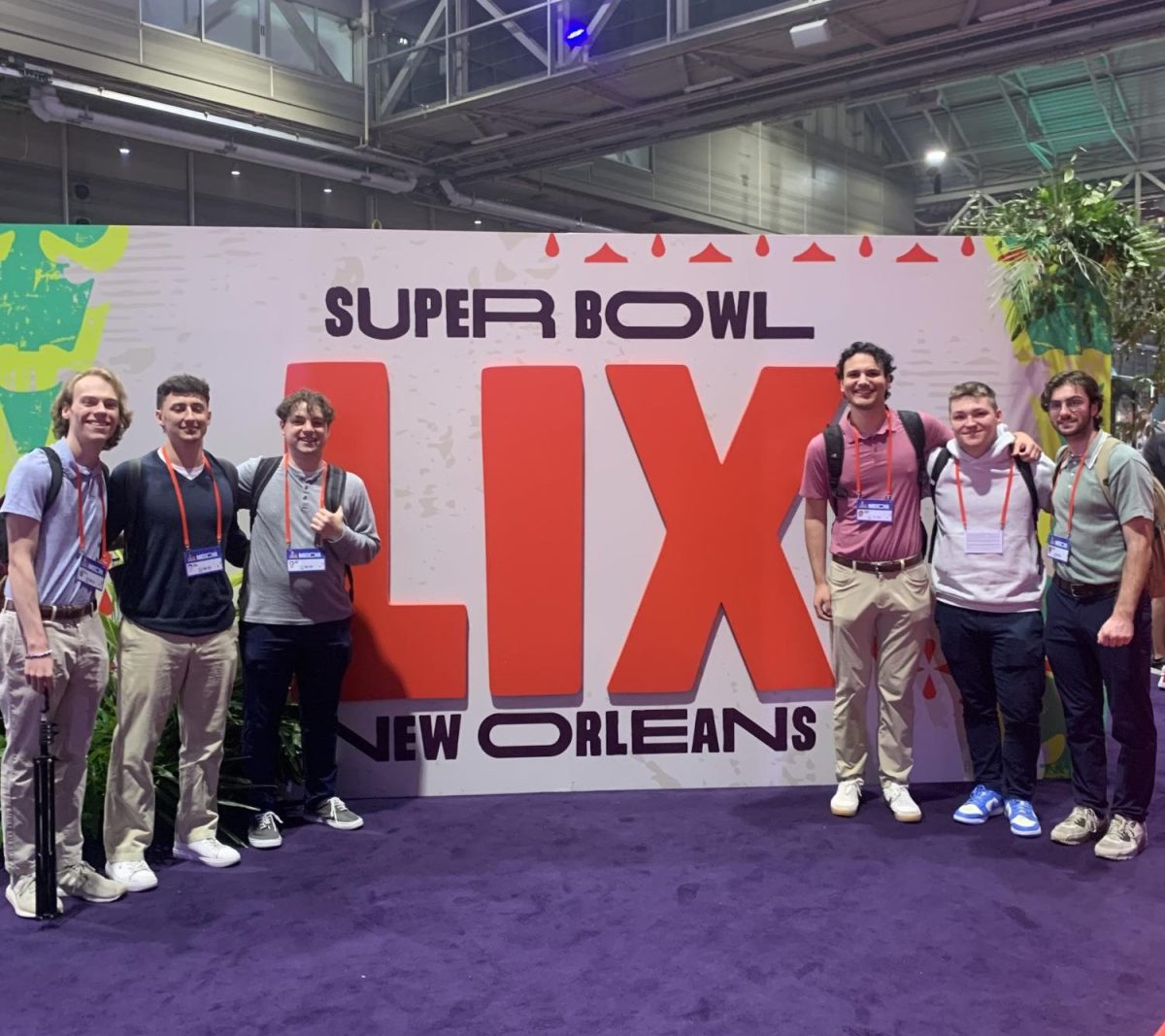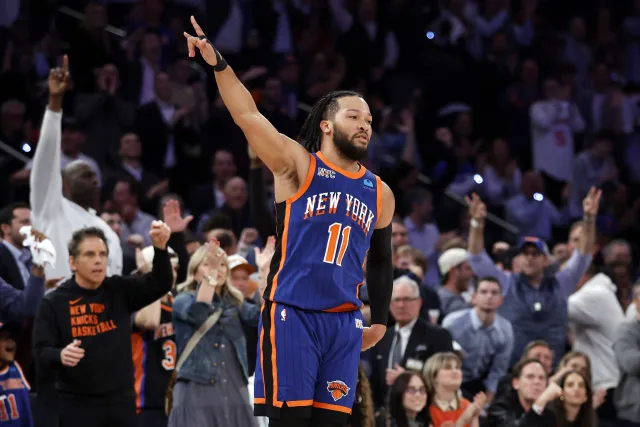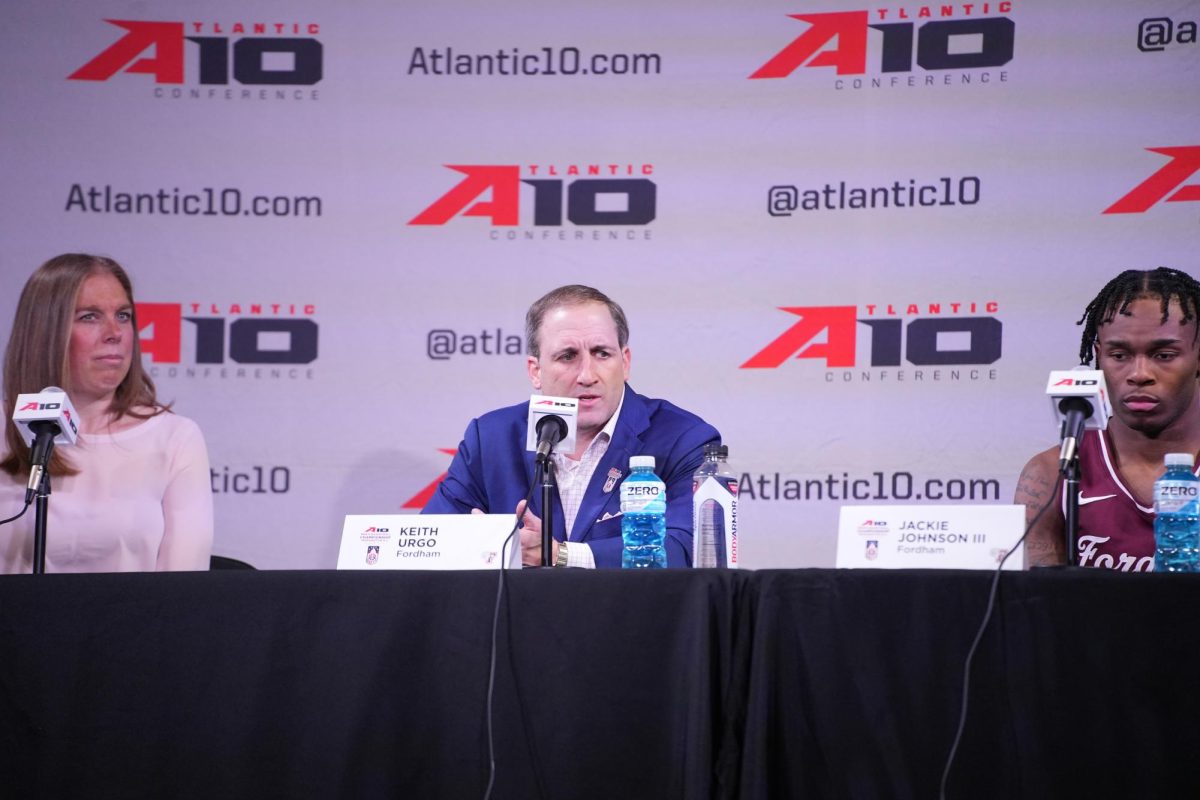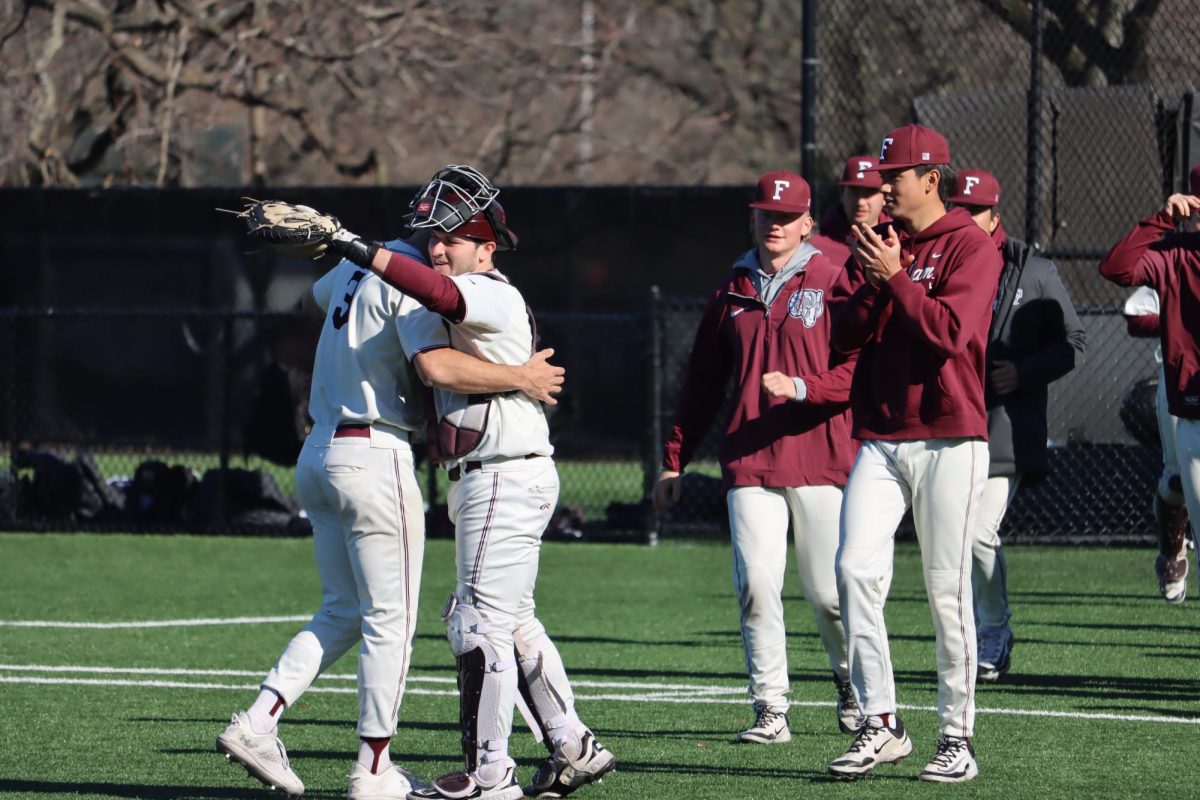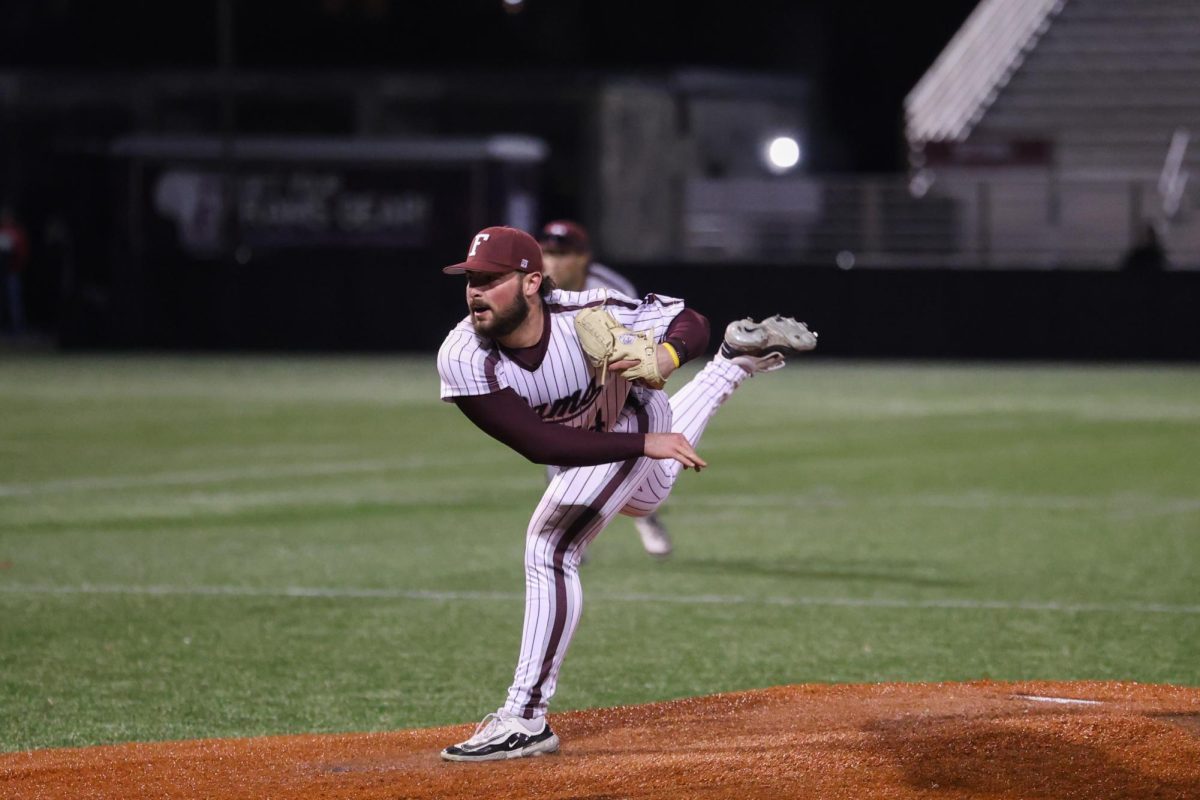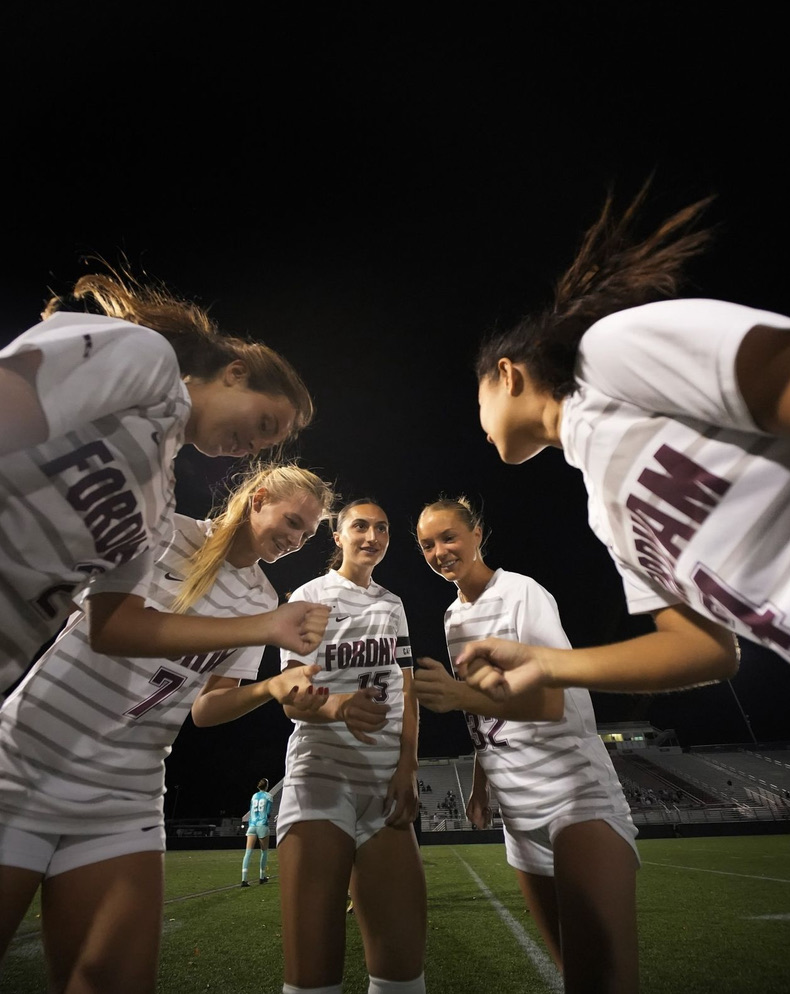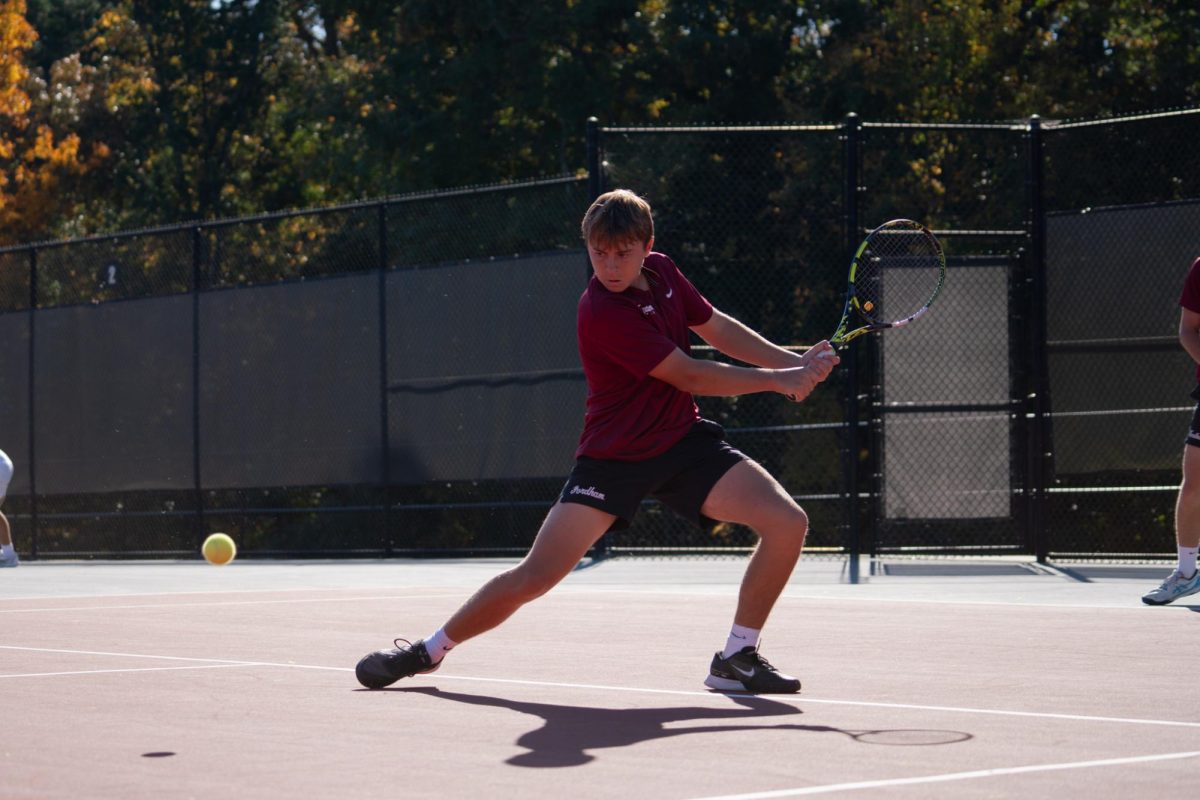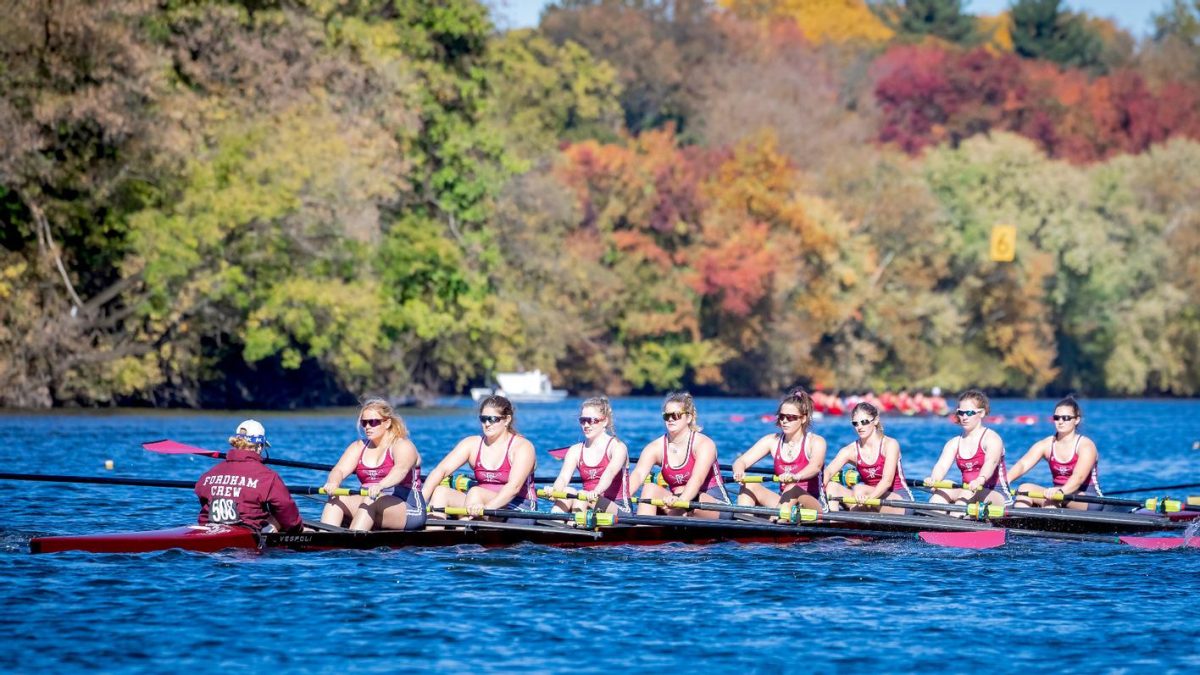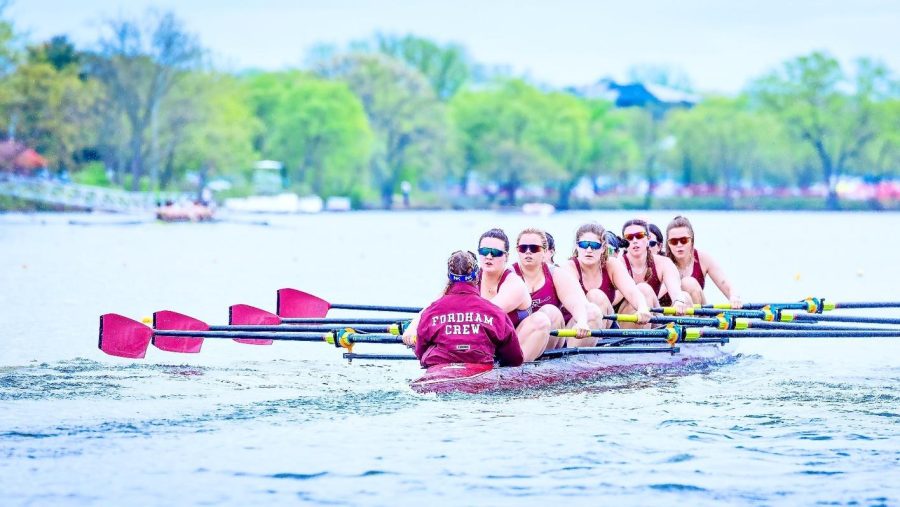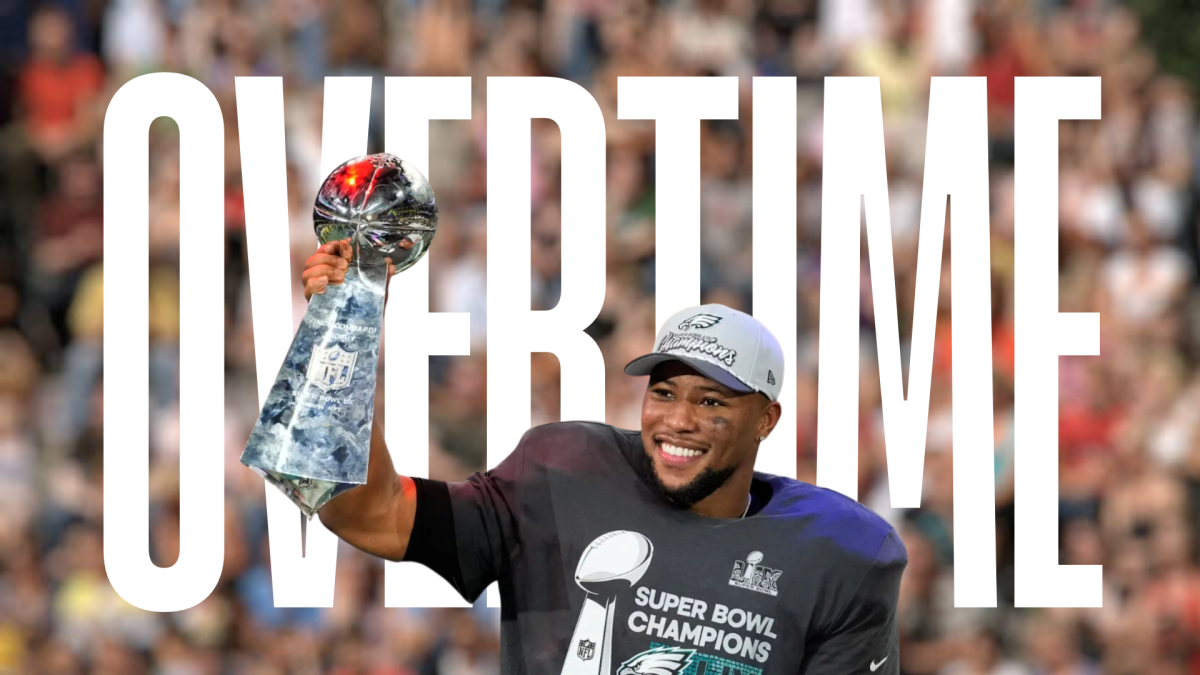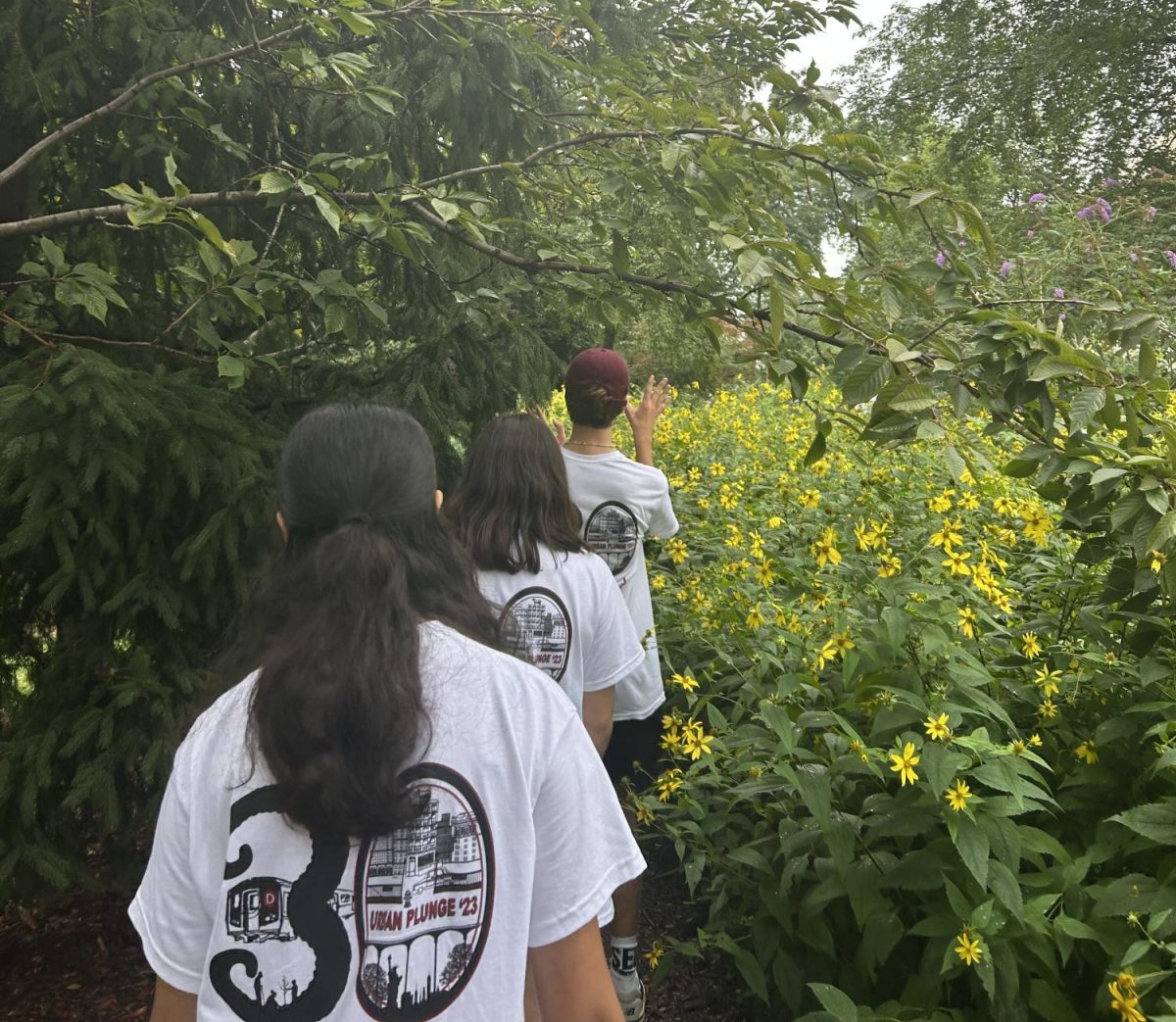
By Casey Chun
Imagine yourself in in a Keating classroom and it was a biology course. As an interactive demonstration, your professor brings in an adult elephant from the Bronx Zoo. Would you believe that a nine to eleven foot tall elephant be in your modest classroom? Your brain, as imaginative as it can be, would most likely not believe that claim. As a student, you are given the fundamental skills of critical thinking and cognition that would otherwise say that elephant in the room is implausible. Learning is a lifelong process that lays the foundation to intellectualism, which graces all of our lives. However, there is another elephant in the room, in this case, it is Trump’s torment of intellectualism.
In 2012 he tweeted. “The concept of global warming was created by and for the Chinese in order to make U.S. manufacturing non-competitive.” Within 140 characters, he demonstrated his understanding in climatology, business, and economics (he holds a Bachelors of Science in economics from Wharton). Within, the last ten days, he has profoundly changed the scientific and intellectual atmosphere (pun intended). As of Monday morning, The Washington Post reported that the academic community openly deplored his executive order on restricting immigrants from Iran, Iraq, Libya, Somalia, Sudan, Syria and Yemen. The petition, now more than 12,000 strong, includes holders of prestigious awards and members of influential organizations, like the National Academies of Science, Engineering, and Medicine.
It goes without saying that most of America has chosen Trump to represent us. More implicitly, the nominated members of his Cabinet should represent the spirit and accomplishments of American intellectualism. Instead, he has chosen an army of individuals that undermine the intellectual community in ways that any student of science should find choleric. In 2002, Vice President Mike Pence criticized evolution in front of the House of Representatives. At the time, he said that “[Charles Darwin] hoped that some day [evolution] would be proven by the fossil record but did not live to see that, nor have we.” Darwin had published his seminal book, The Origin of Species, in 1859 and Pence refused to accept 143 years of evidence at the time of that speech. Earlier today, Betsy DeVos was cleared for her role of Secretary of Education. During her role as the chairperson for the American Federation for Children, she and the organization advanced publicly funded subsidies for parents to send their children to private schools, specifically to religious schools. DeVos has publicly endorsed education reform, most likely including teaching creationism as opposed to evolution, to “advance God’s kingdom.” Also as of today before she was even affirmed, only 28% of American science teachers take a firm stance in teaching evolution.
While science education standards are set at state levels, placing DeVos as the head of American education invites limited opportunity to imrpove our already bleak public engagement of science. Science education has unparalleled implications on the quality of human lives. The most obvious impact is training the future healthcare providers, scientists, and researchers to quite literally save our lives (but also improving health outcomes and reducing healthcare disparities is equally important). For providers, it is important to combine science with empathy (some struggle with even sympathy unfortunately). Dr. Sherry Glied (PhD) and Dr. Richard Frank (PhD) comment in The New England Journal of Medicine that the Health and Human Services nominee Dr. Tom Price (MD) is taking a notably different approach. Dr. Price is an orthopedic surgeon and his agenda would lead to increased profits for physicians at the expense of reducing efficiency and quality of care provided to patients. Furthermore, Price has voted against budget increases for the National Institute of Health and other initiatives at biomedical research. Our medical advancements are being undermined as Trump also recruits people like Robert F. Kennedy Jr., a known proponent of the discredited link between vaccines and autism. In an age of rising preventable infections, variable cancer outcomes rates, and epidemic metabolic disease, the health of American citizens is conditioned by the scientific and medical research.
Researchers with diverse backgrounds often champion these scientific and medical advancements. When Trump announced his executive order on the immigration and refugee ban, this was macabre threat to affected students, many who are graduate students and PhD candidates at American institutions. The Association of American Universities estimates that 17,000 students are affected by this ban. Many of them came to America, leaving their loved ones and past lives for their careers, are now forced to confront difficult decisions. On a community level, this order will effectively delay and even impede scientific progress, as attendance, recruitment, and engagement is projected to diminish. We have already seen the Centers for Disease Control cancel a long-awaited and much-needed climate change summit in the wake of the inauguration. Trump’s executive order can stress more than academic relations as Iran has reciprocated with a ban on U.S citizens.
Even our own scientific institutions face stress. While the temporary freeze on grants at the Environmental Protection Agency has been lifted, some reported the freeze on grants as “standard practice for transition.” Nonetheless the series of events in the past week have incited a sense of uncertainty for science. The bureaucracy that complicates science will likely get stricter and more difficult to work with. Pressing issues like the need for gun violence research will likely meet more resistance. In 1996, the National Rifle Association convinced Congress to block funding for gun violence. Things like gun violence is historically difficult to fund and these capital-demanding fields of research show uncertain promise. It is clear that the political agendas divert our attention from the fact that gun violence is 3210 times more likely to kill an American than terrorism.
As college students we have been able to develop a richer understanding of the world around us. It does not have to been science, but our ability to pursue higher education is a privilege denied to many. While criticizing arguments can be valid, the option to deny harsh realities like climate change, the need for biomedical research, and the need for quality healthcare is an even more luxurious privilege for those who do not need to confront these issues. The biggest threat to American safety is within our own borders as we allow these pernicious and wicked ideologies undermine evidence-based intellectualism. How we think is the most powerful asset that we are capable of cultivating. The scientific method is how we address issues and the inertia that impedes human progress. Mistakes are unavoidable, but the beauty of the scientific method is that it is self-correcting. However, mistakes we should avoid are those based on anecdotal and unsubstantiated evidence that actively devastate years of progress. While there are governmental figures like Rex Tillerson, Rick Perry, and Scott Pruitt who acknowledge the demanding issues like climate change, many have yet to provide plans for solutions. Somewhere along this road we have stopped confiding in scientific thinking. The one thing anyone can do, regardless of your political affiliation, is to open yourself to science and understand that is what we need to address the biggest elephant in the biggest room in all of America.
Casey Chun, FCRH ’17, is a biological sciences and economics major from New York, New York

